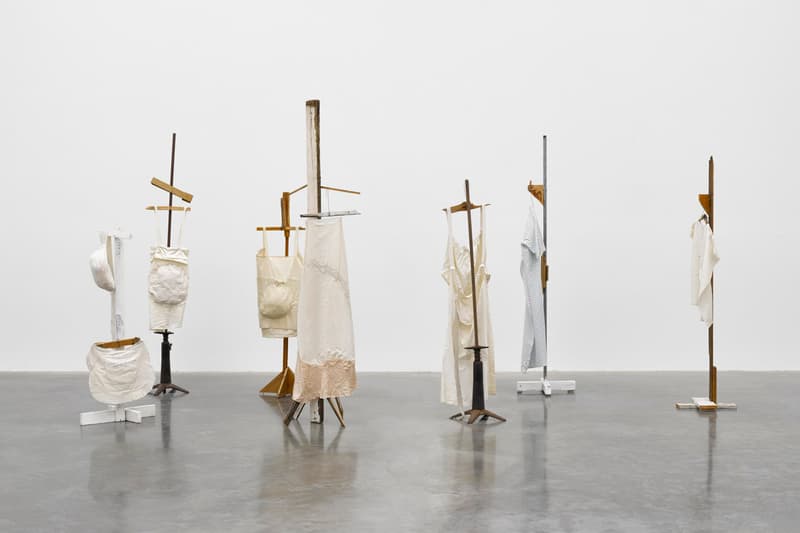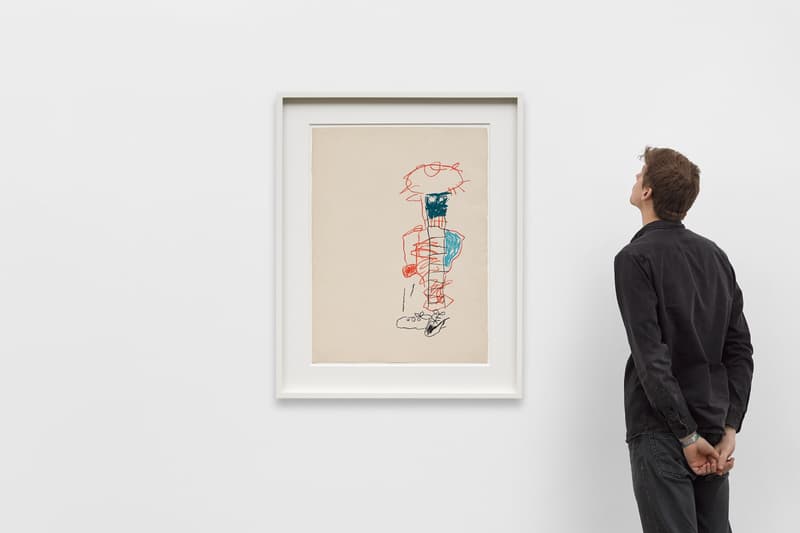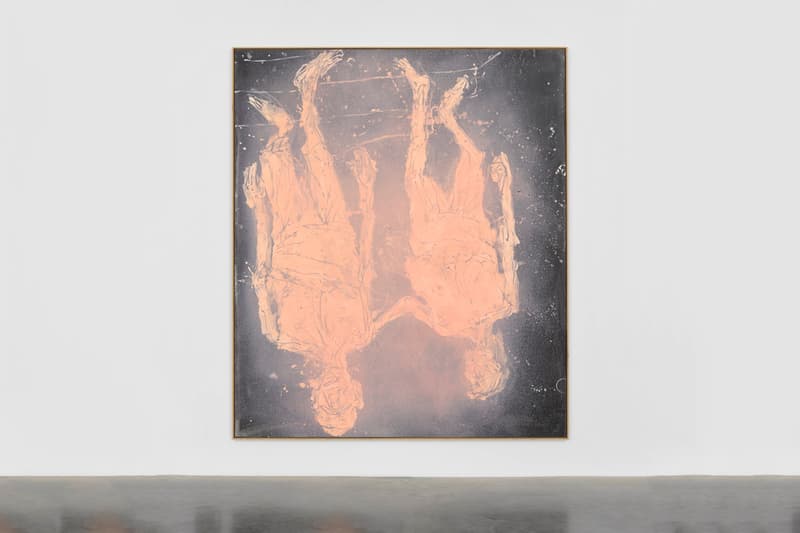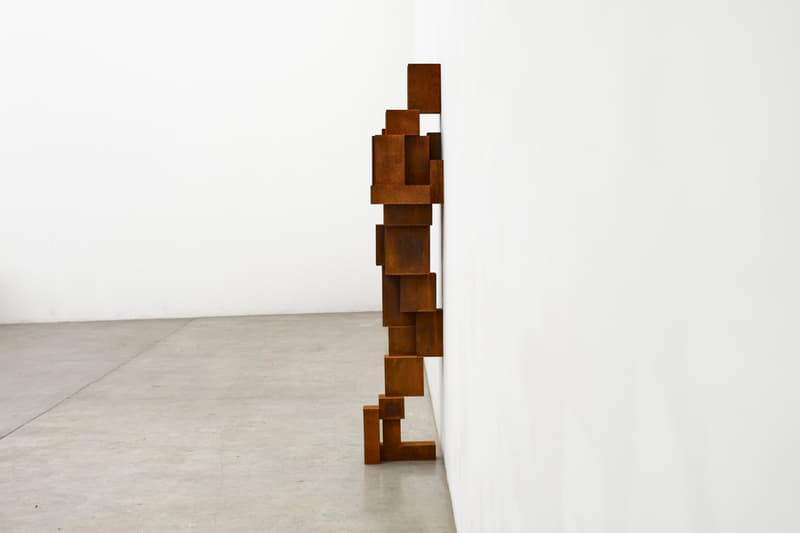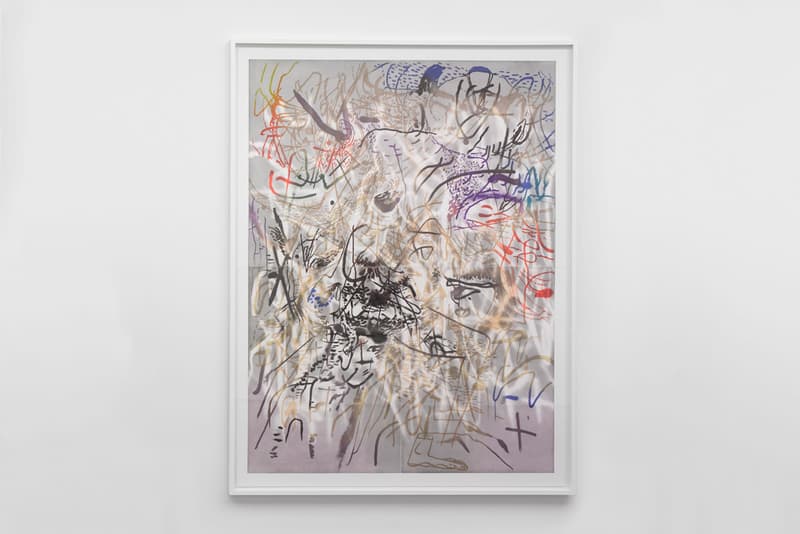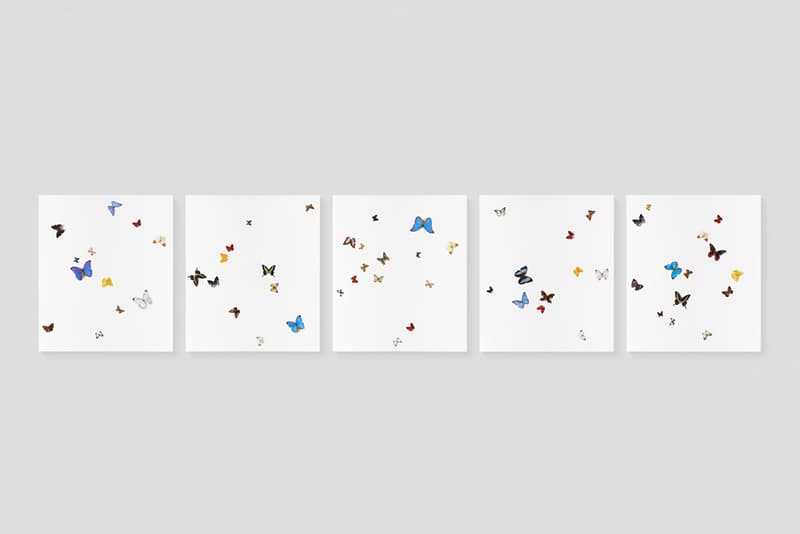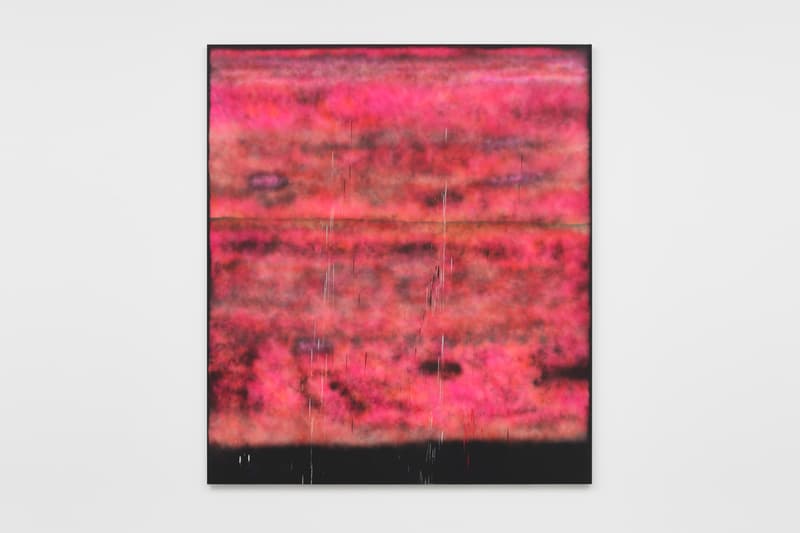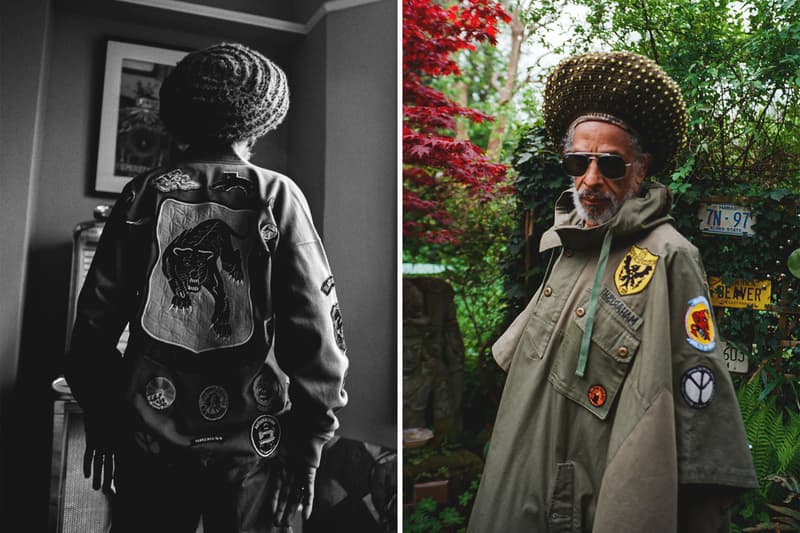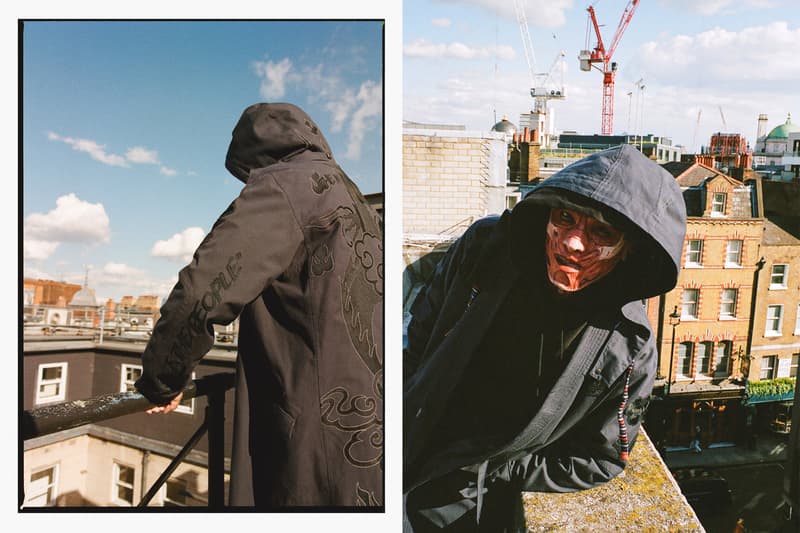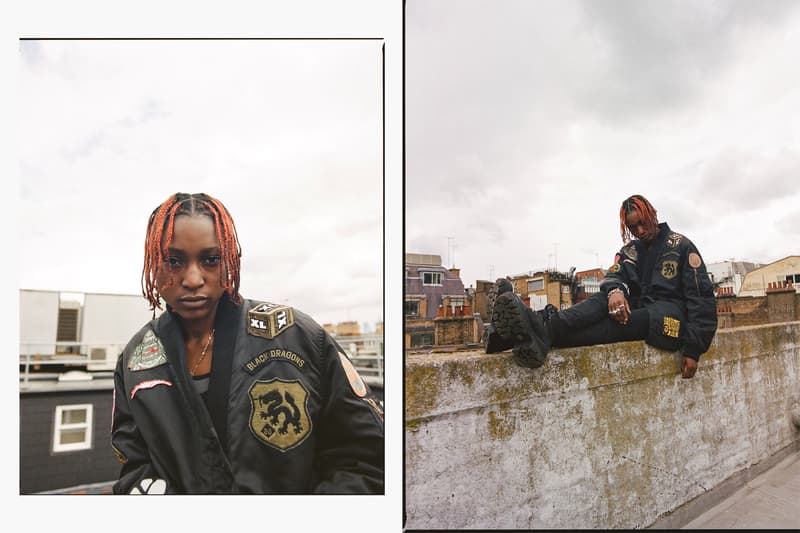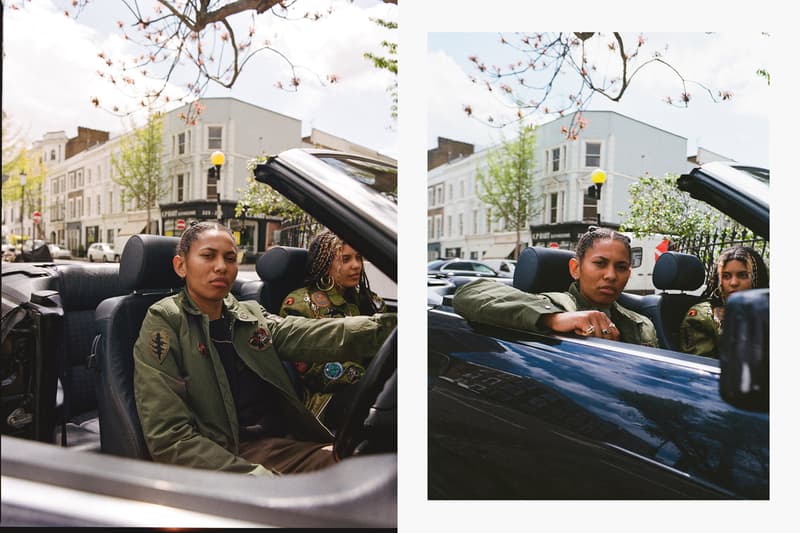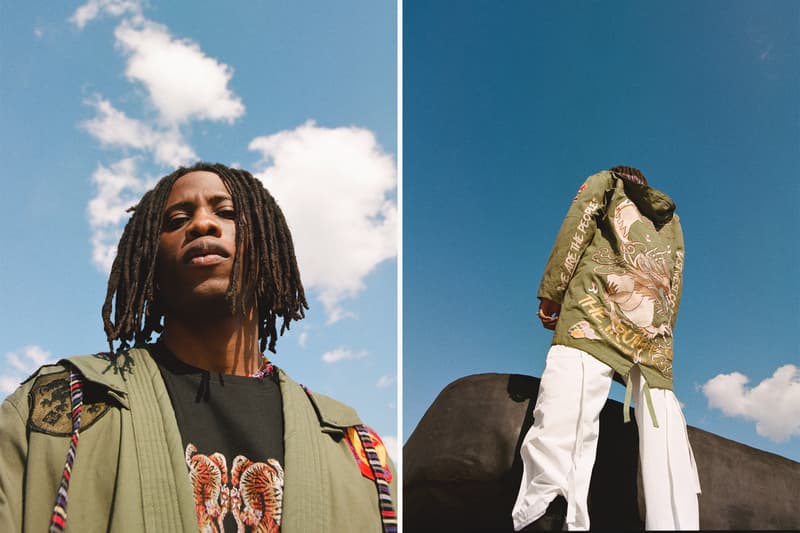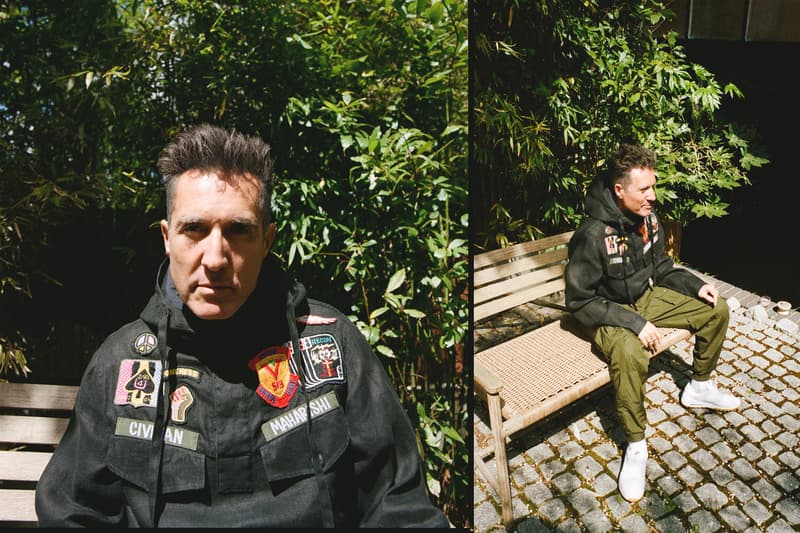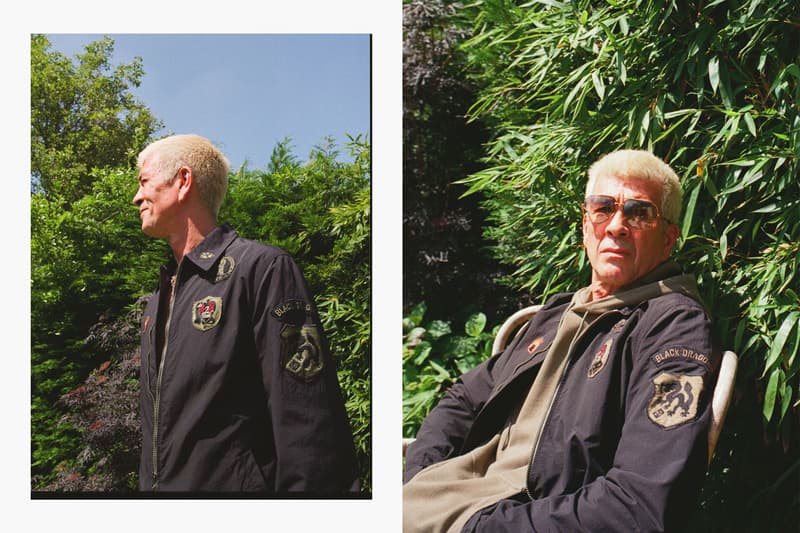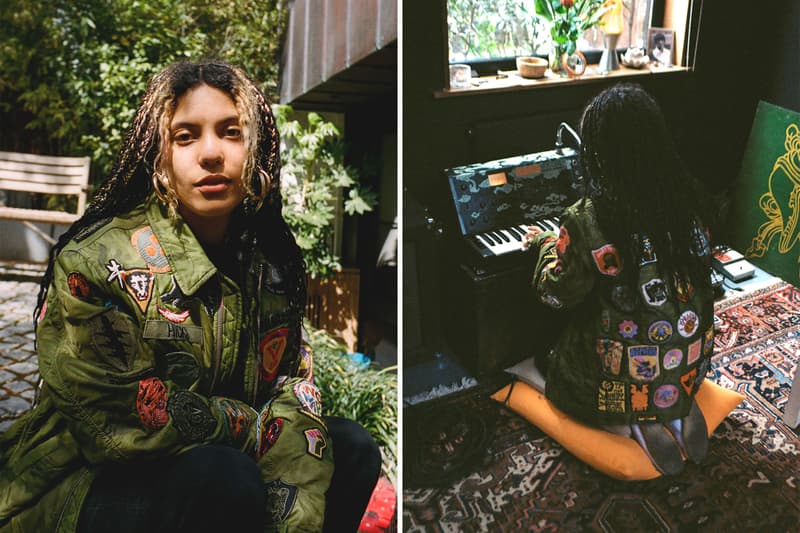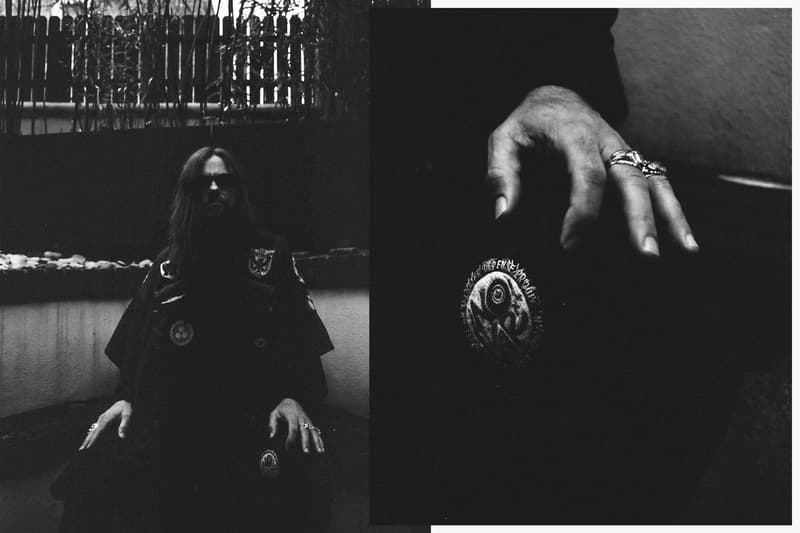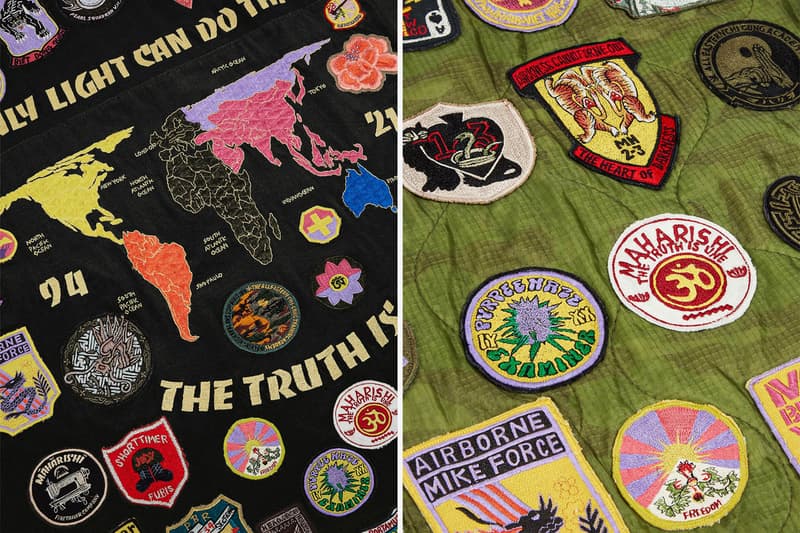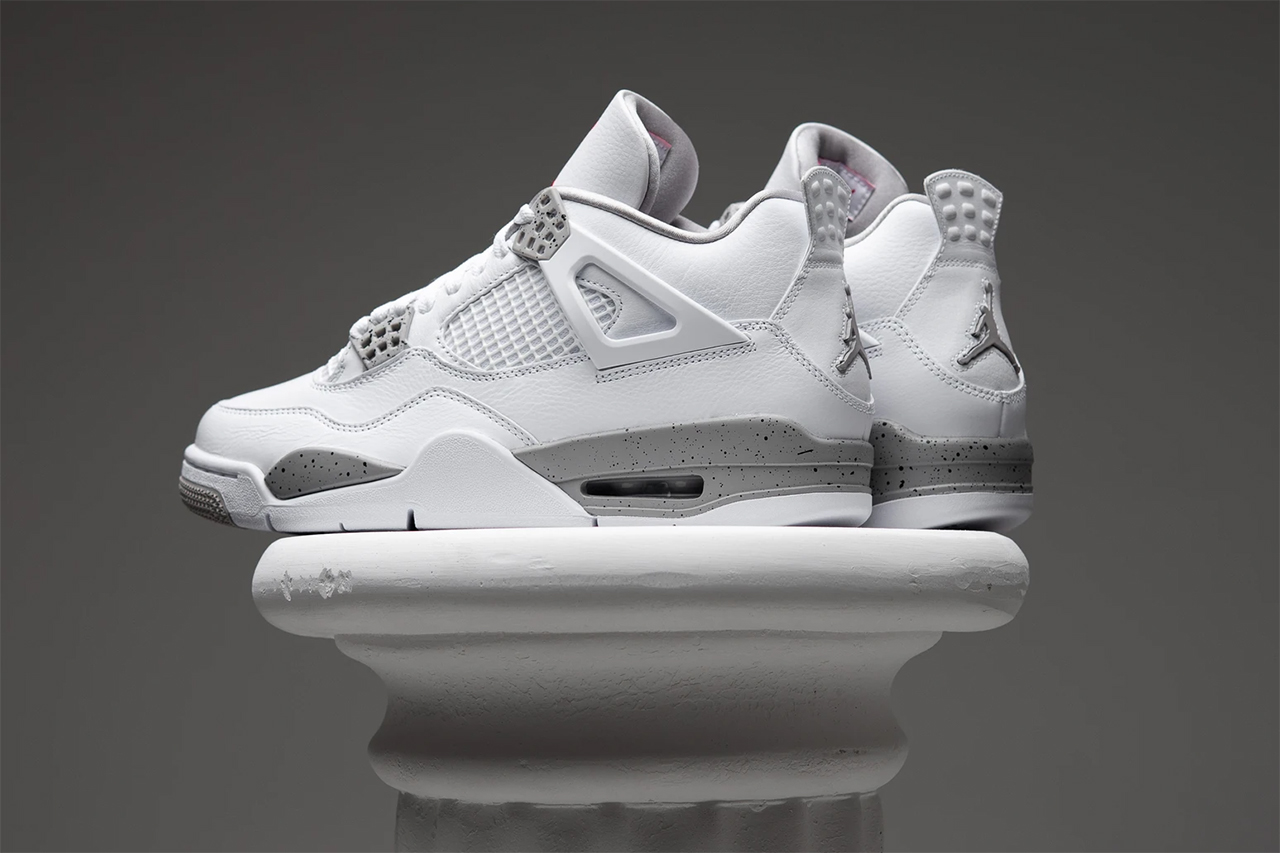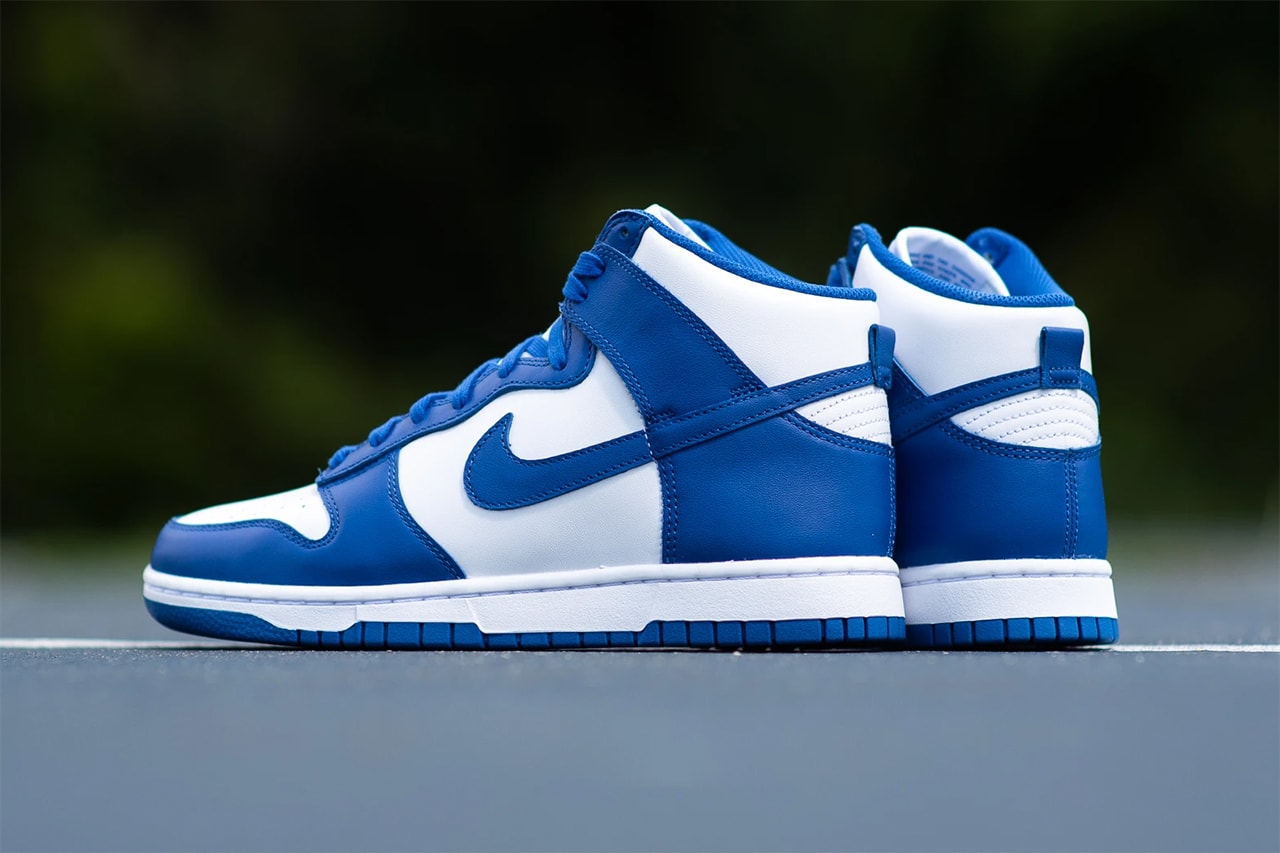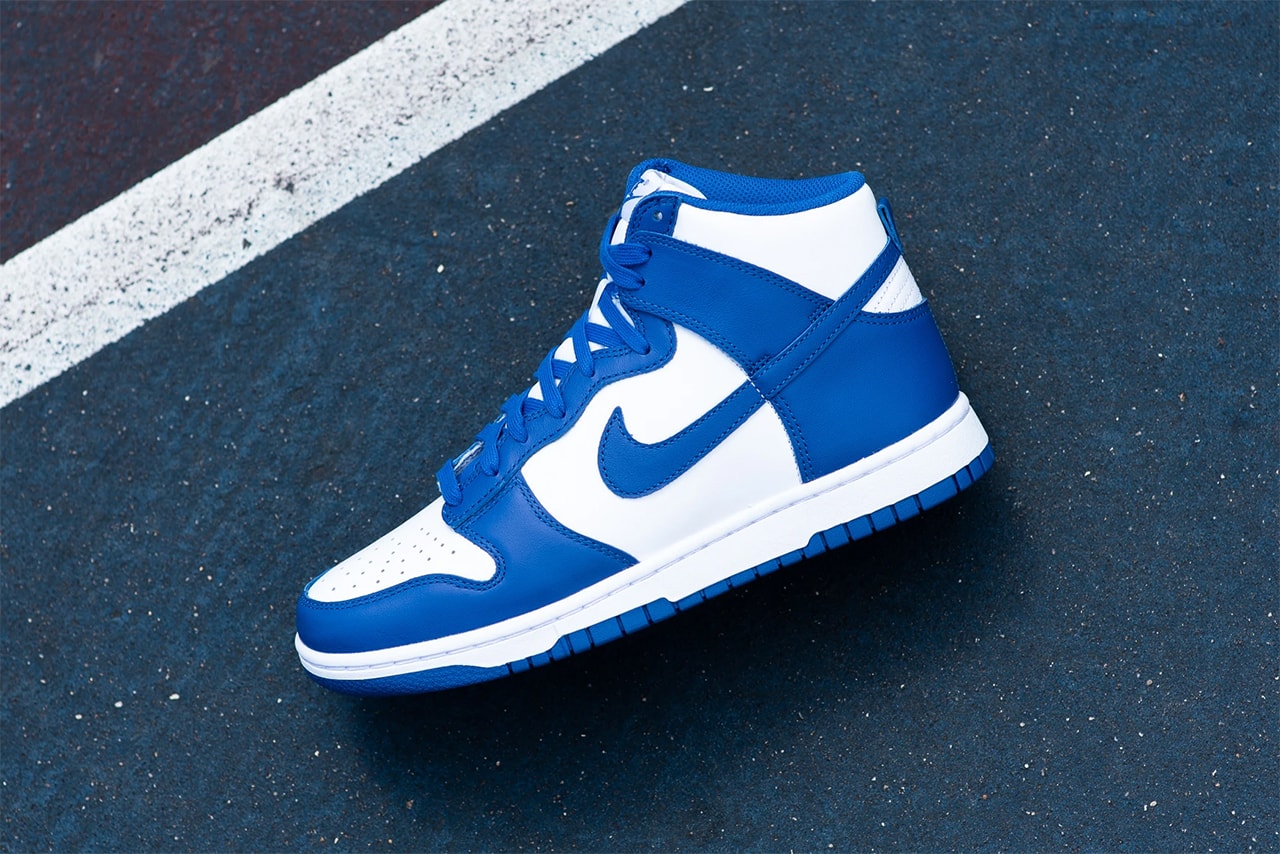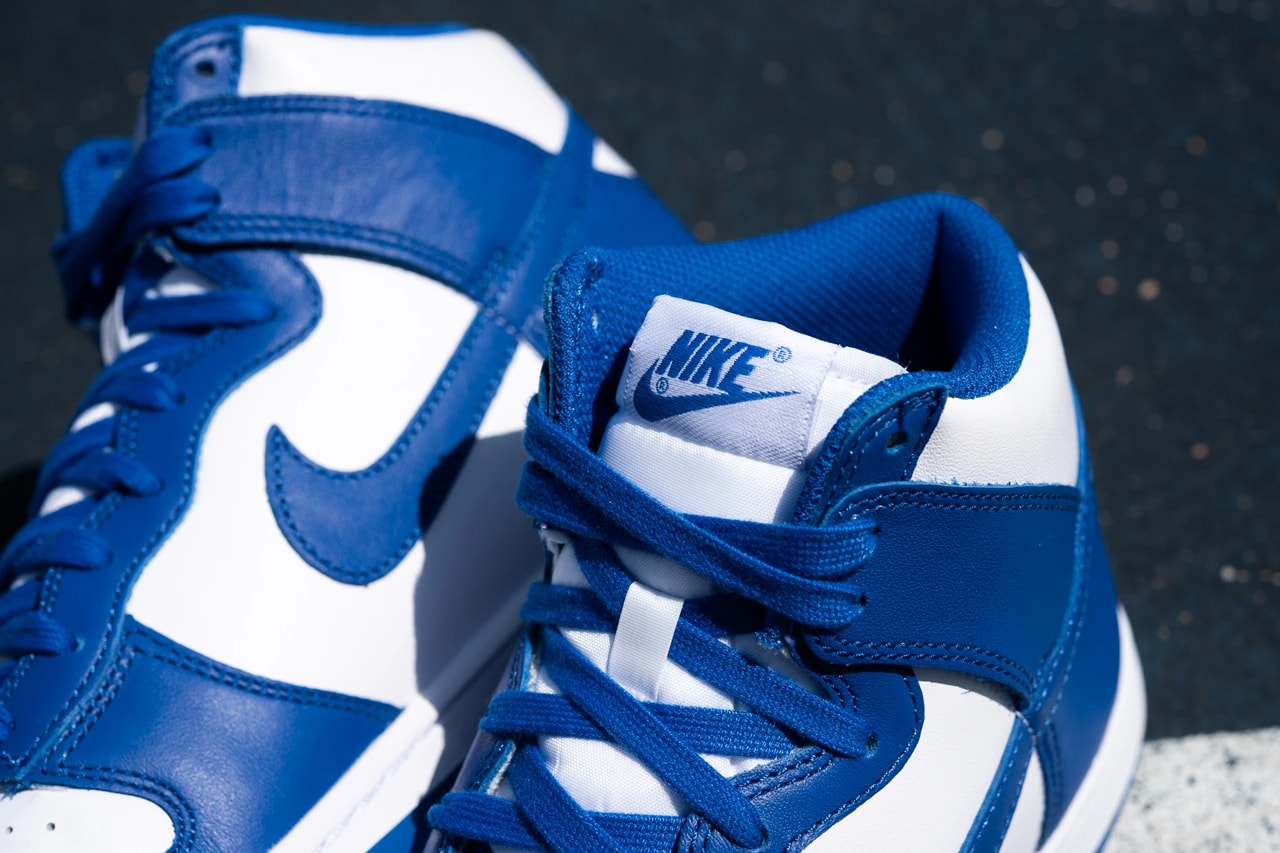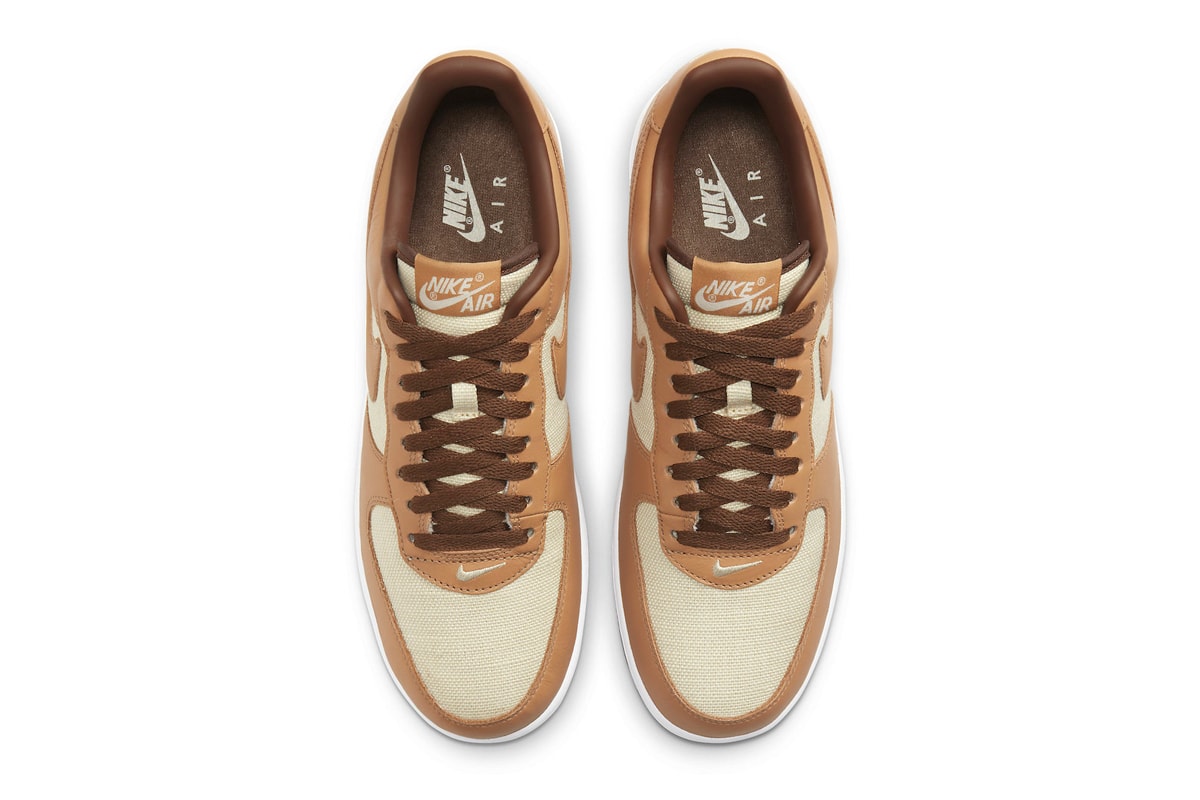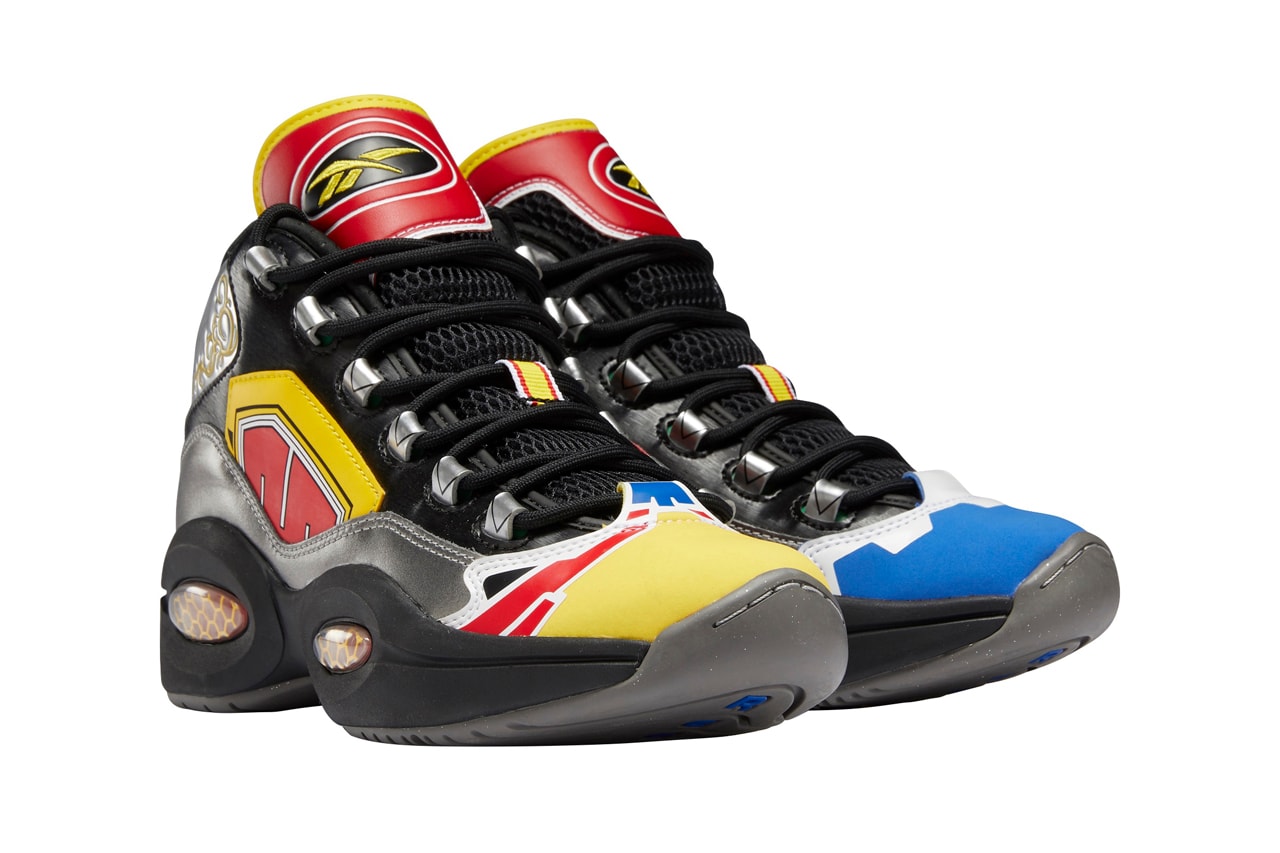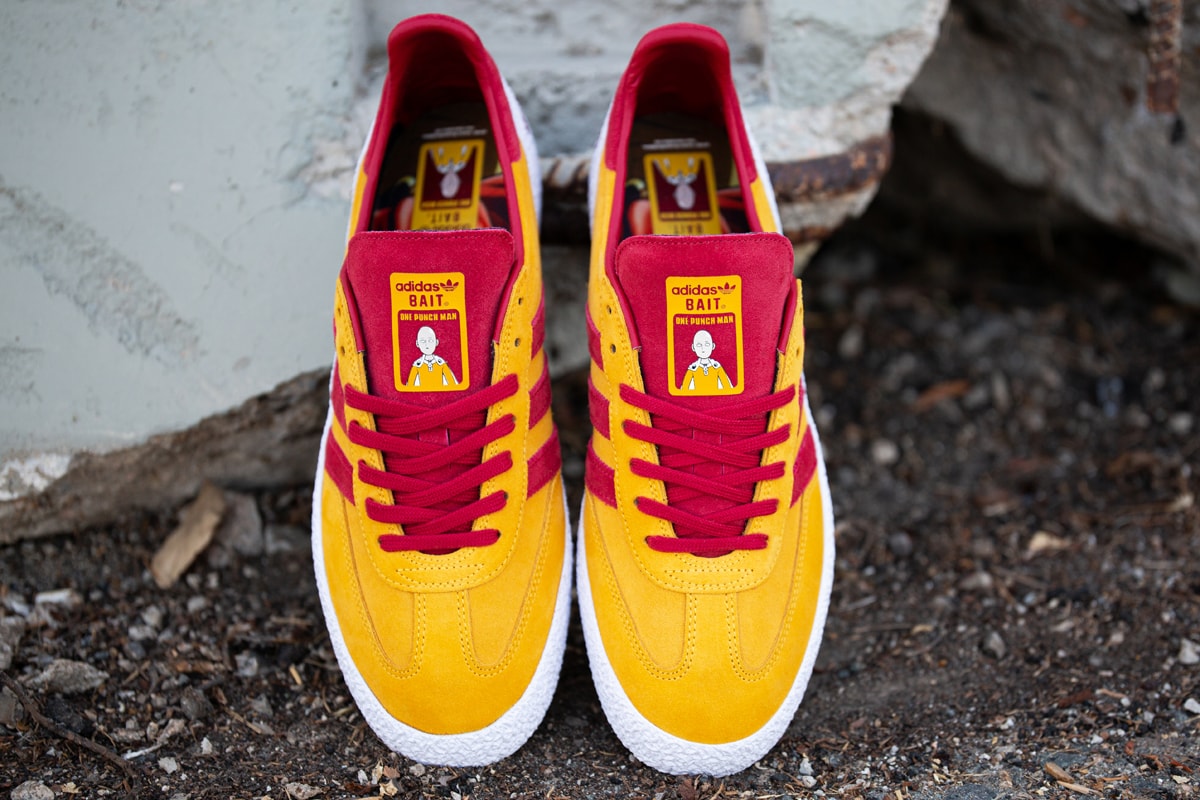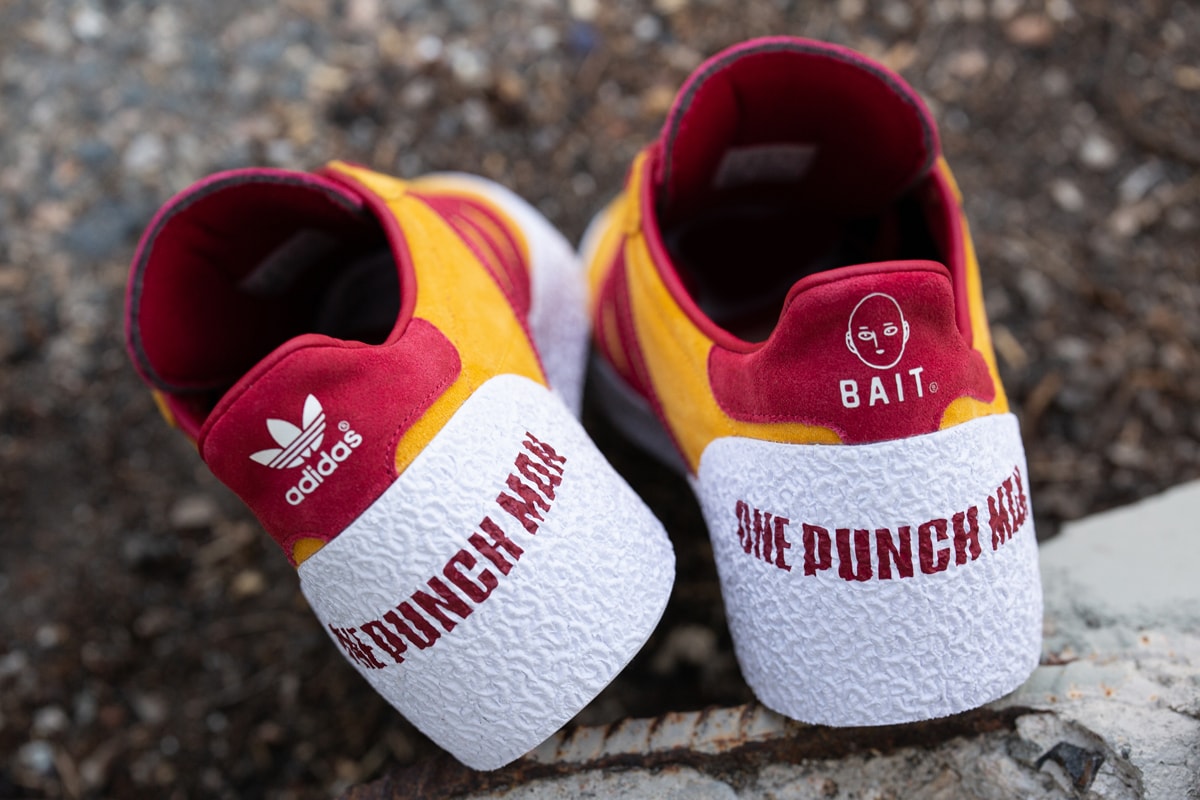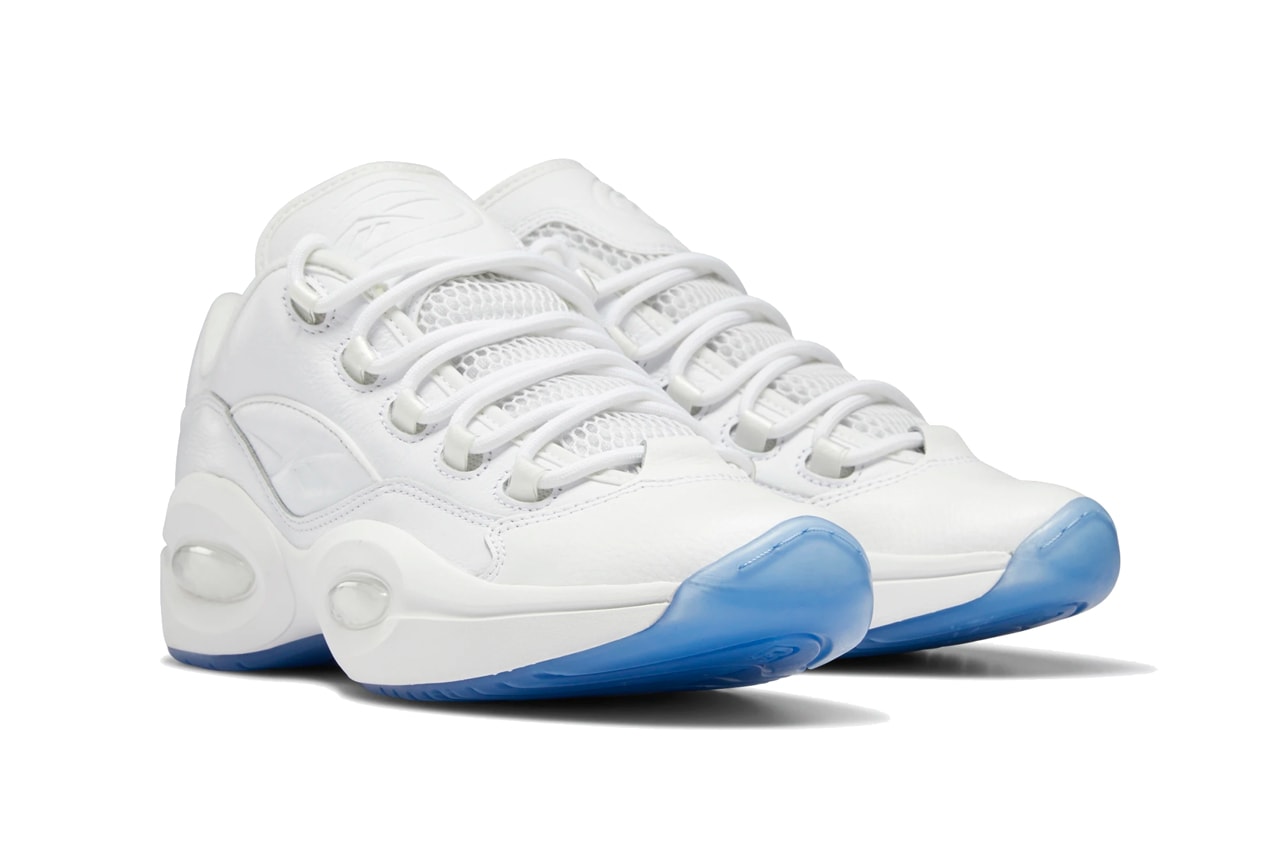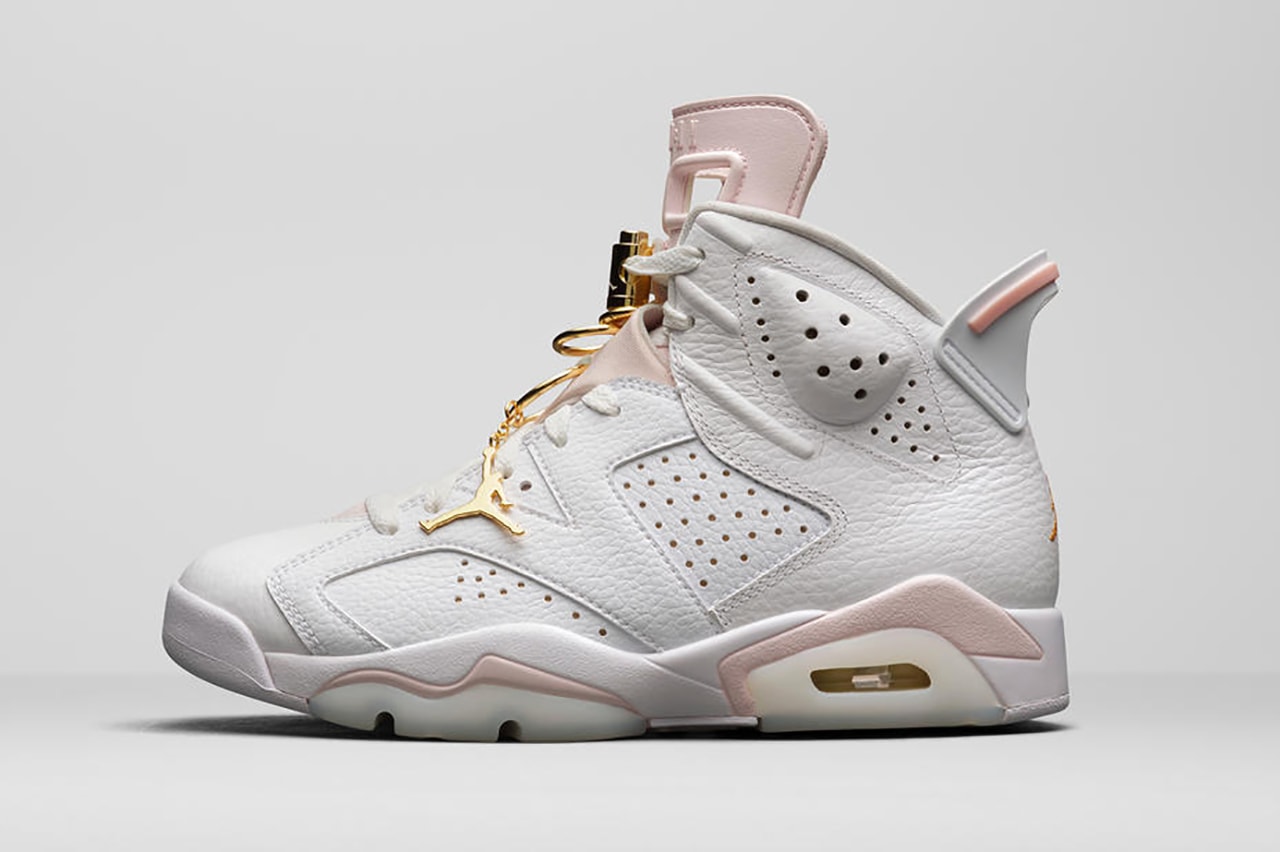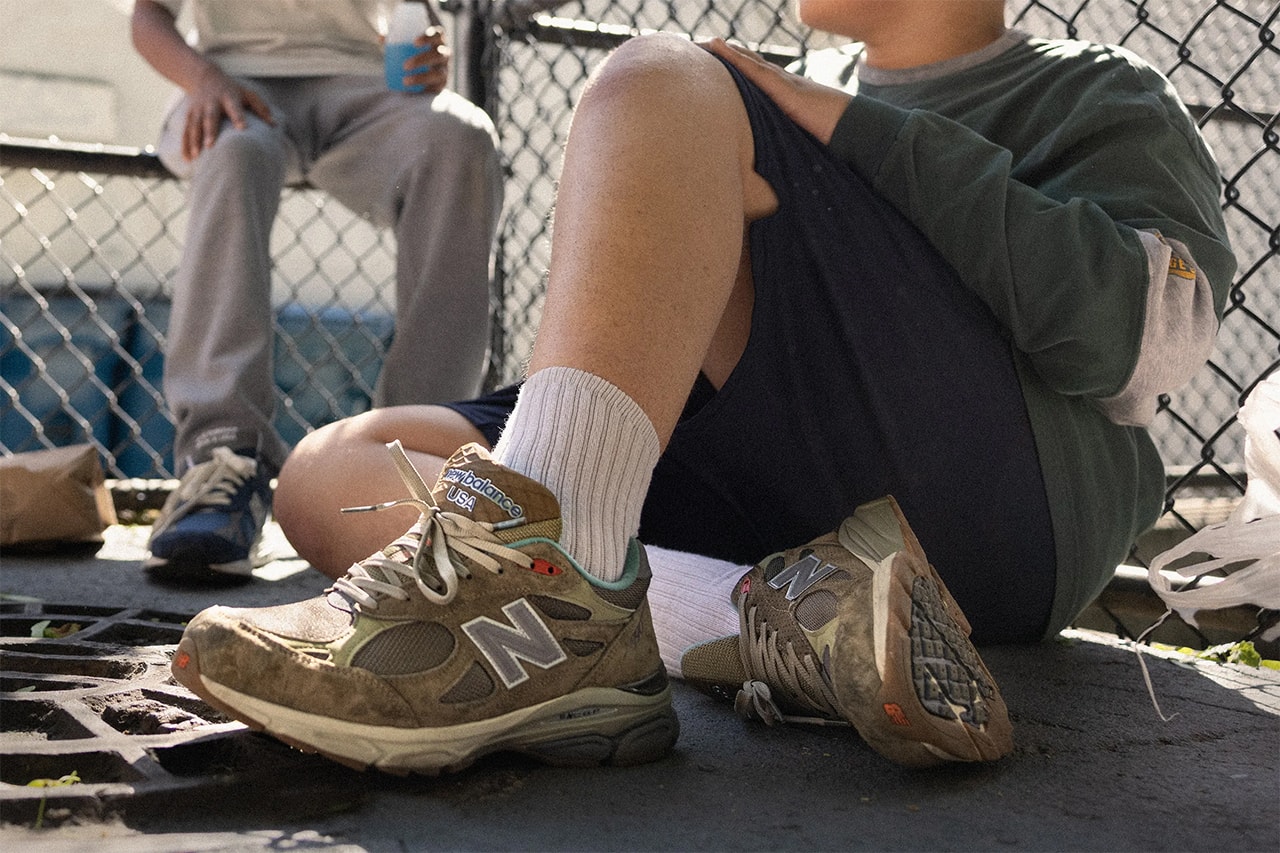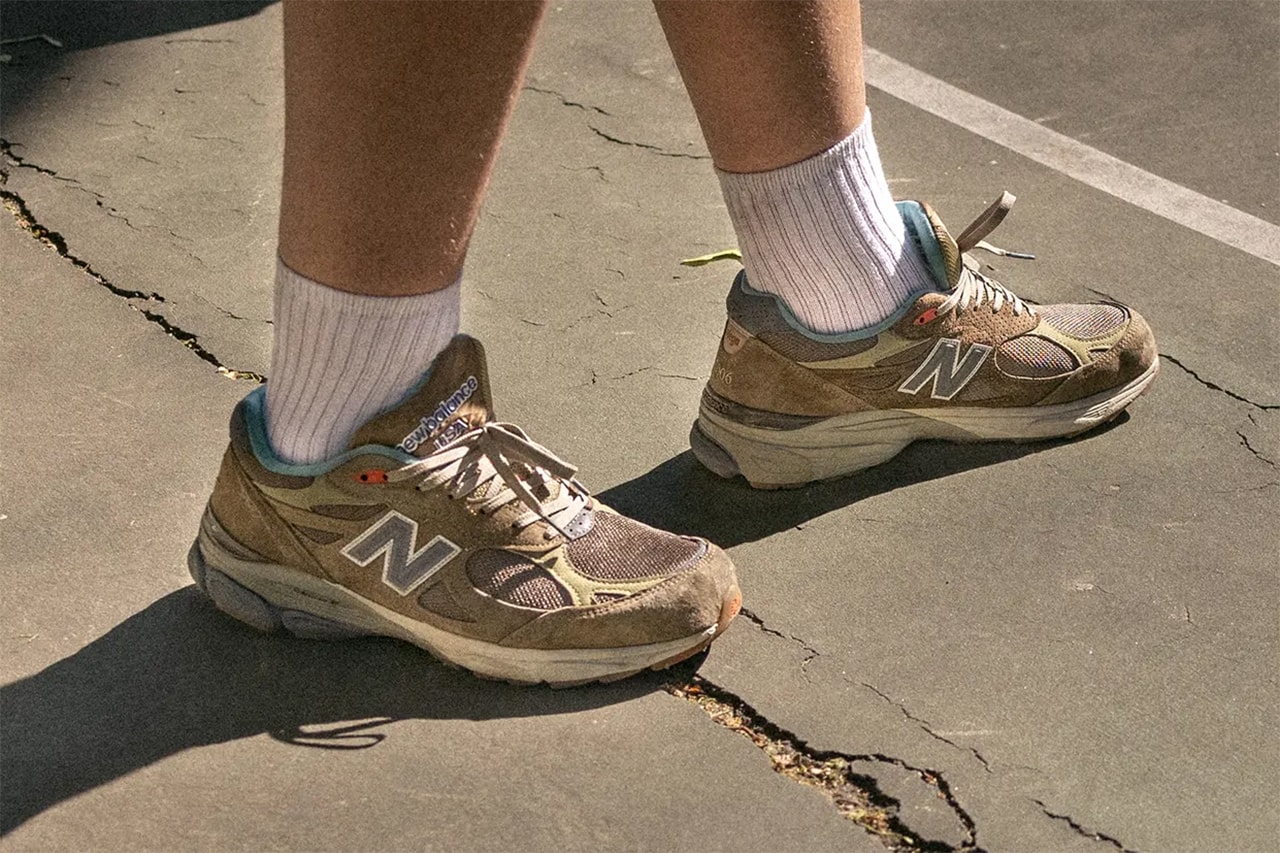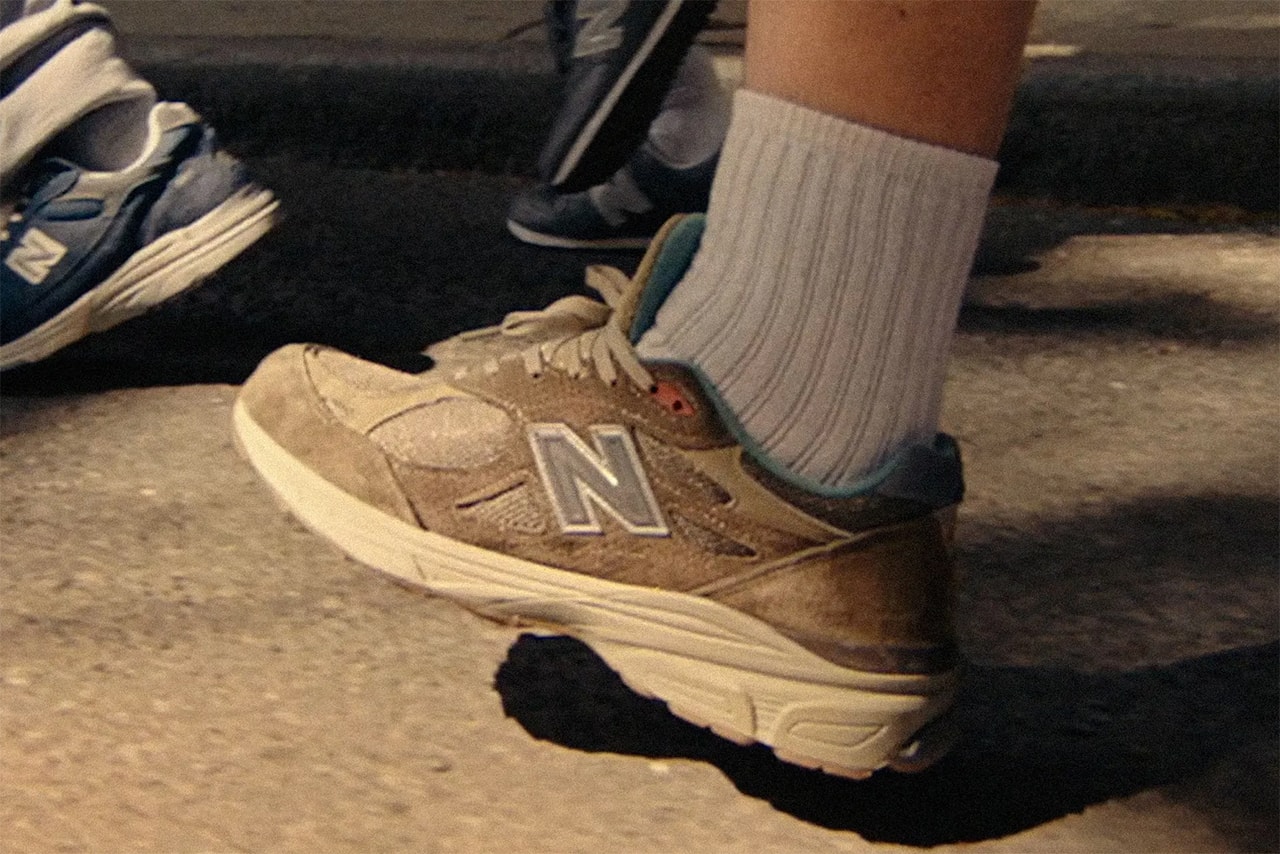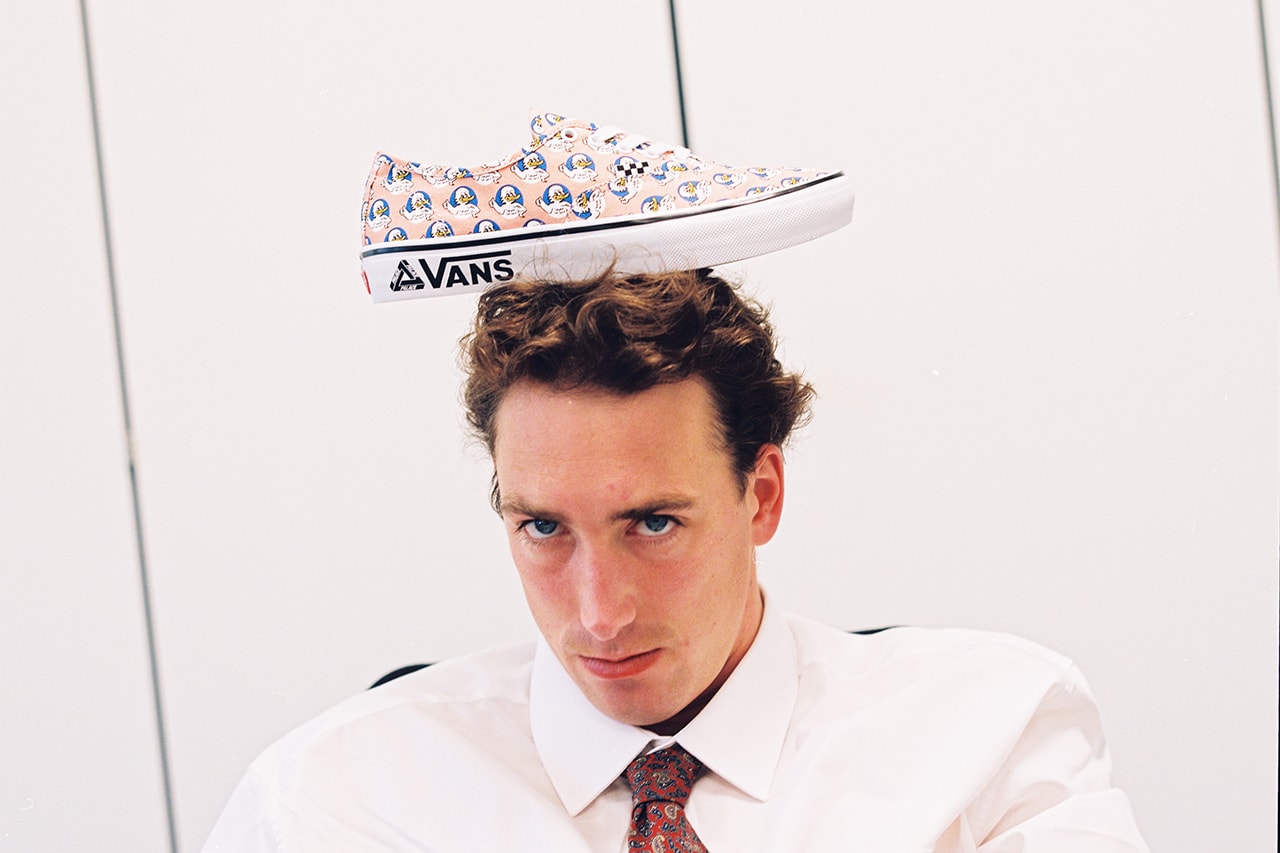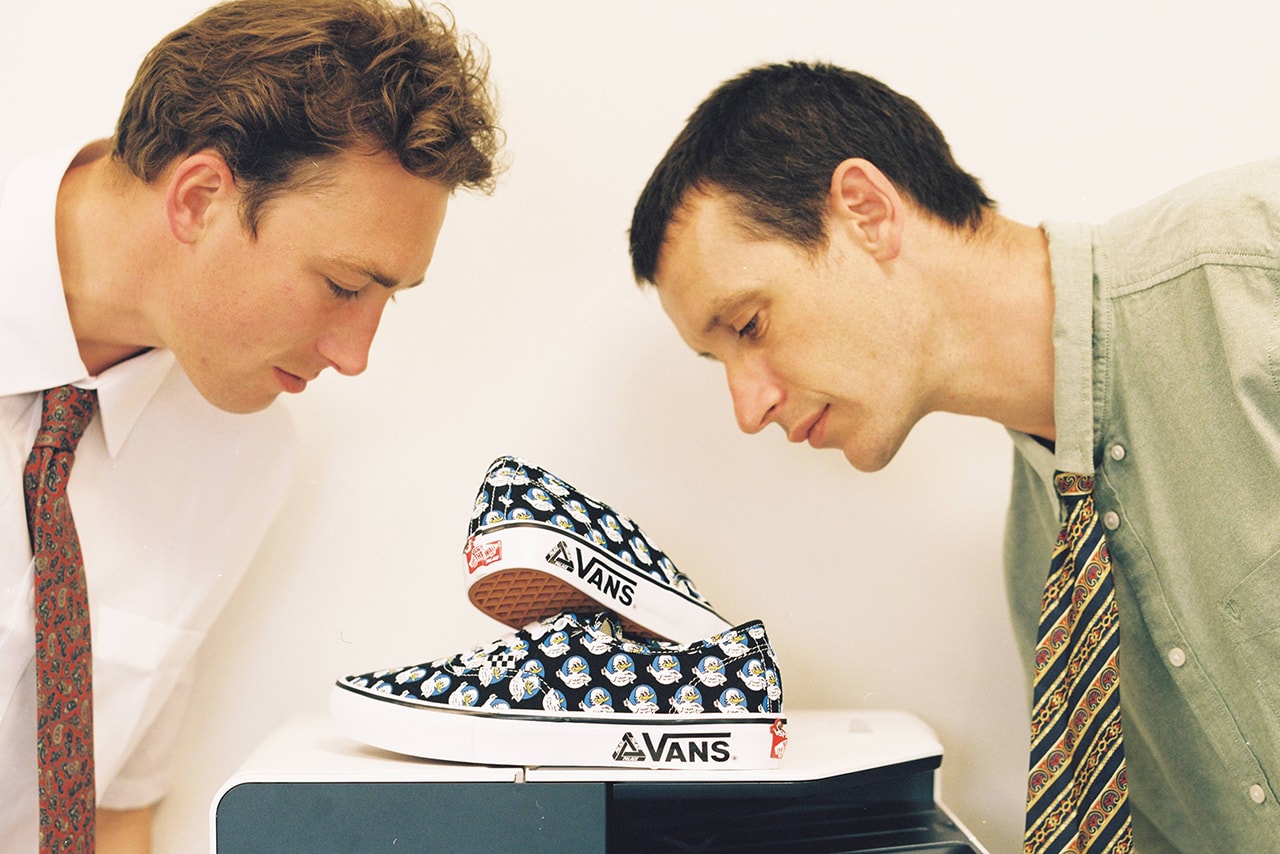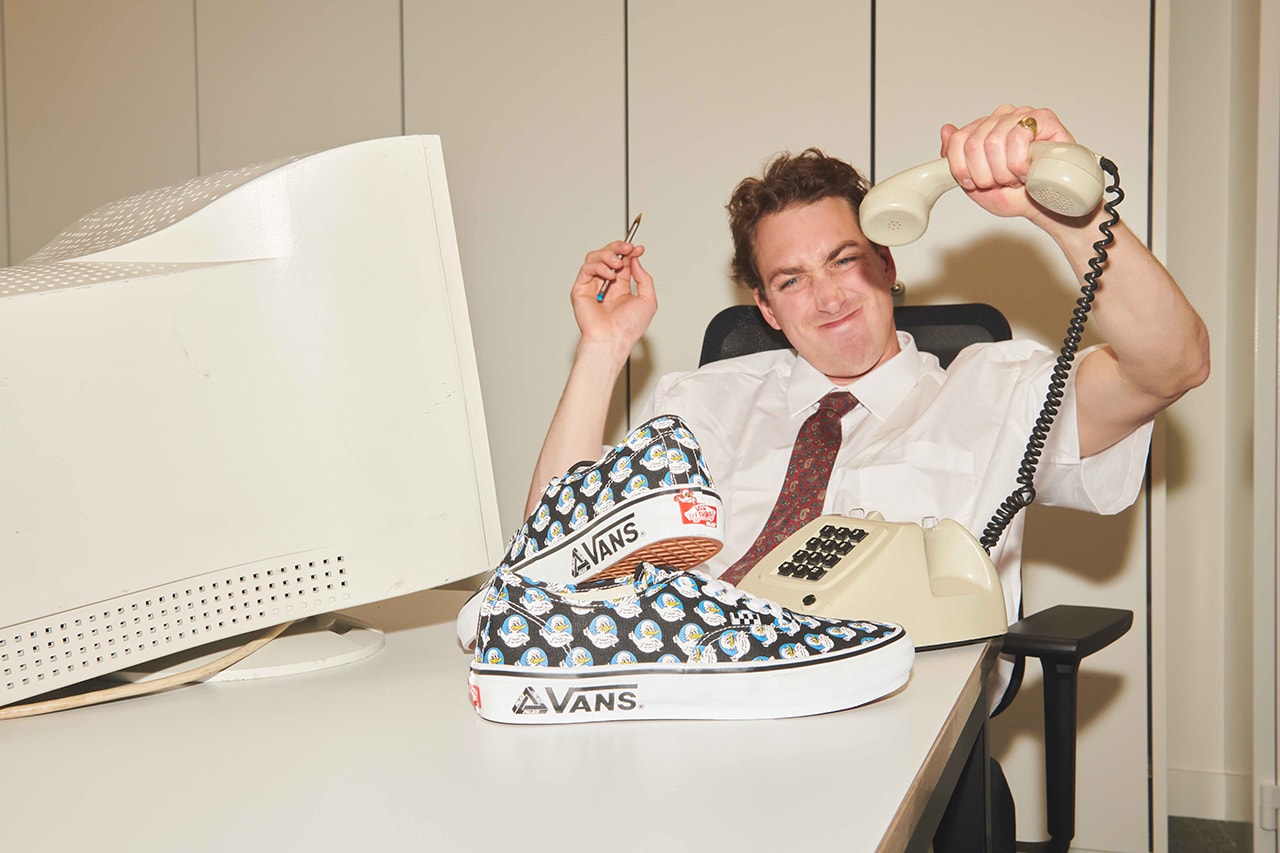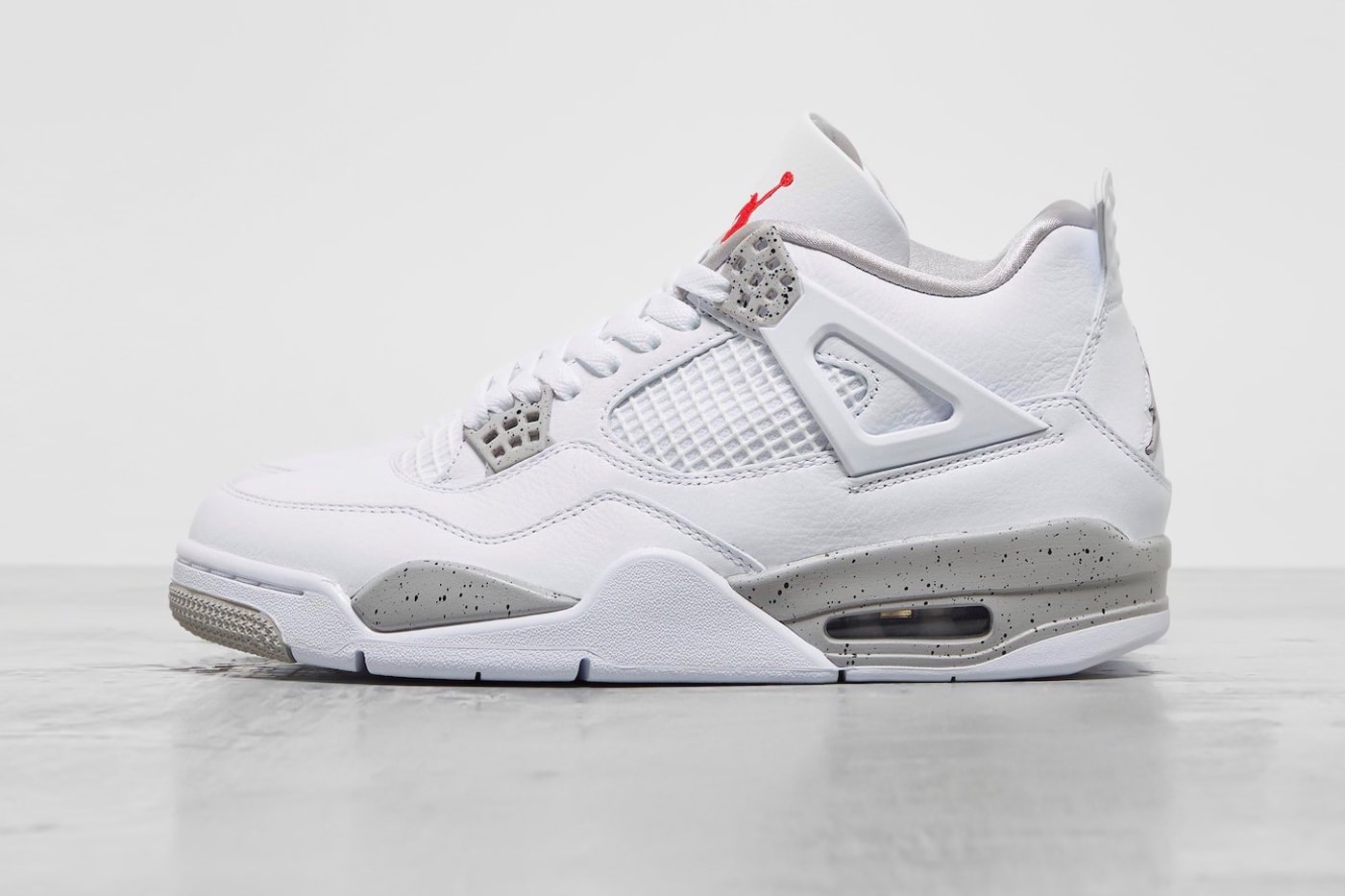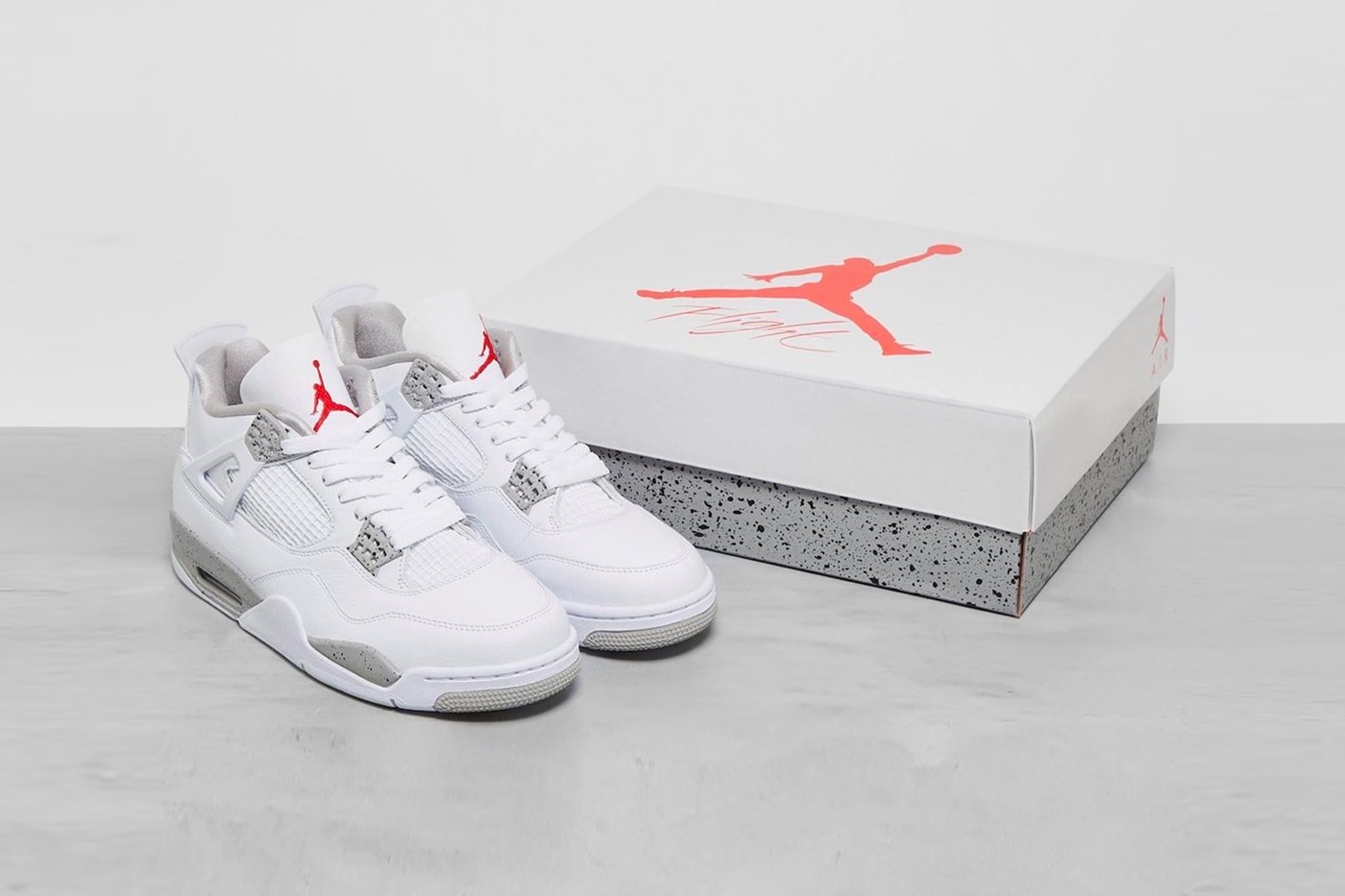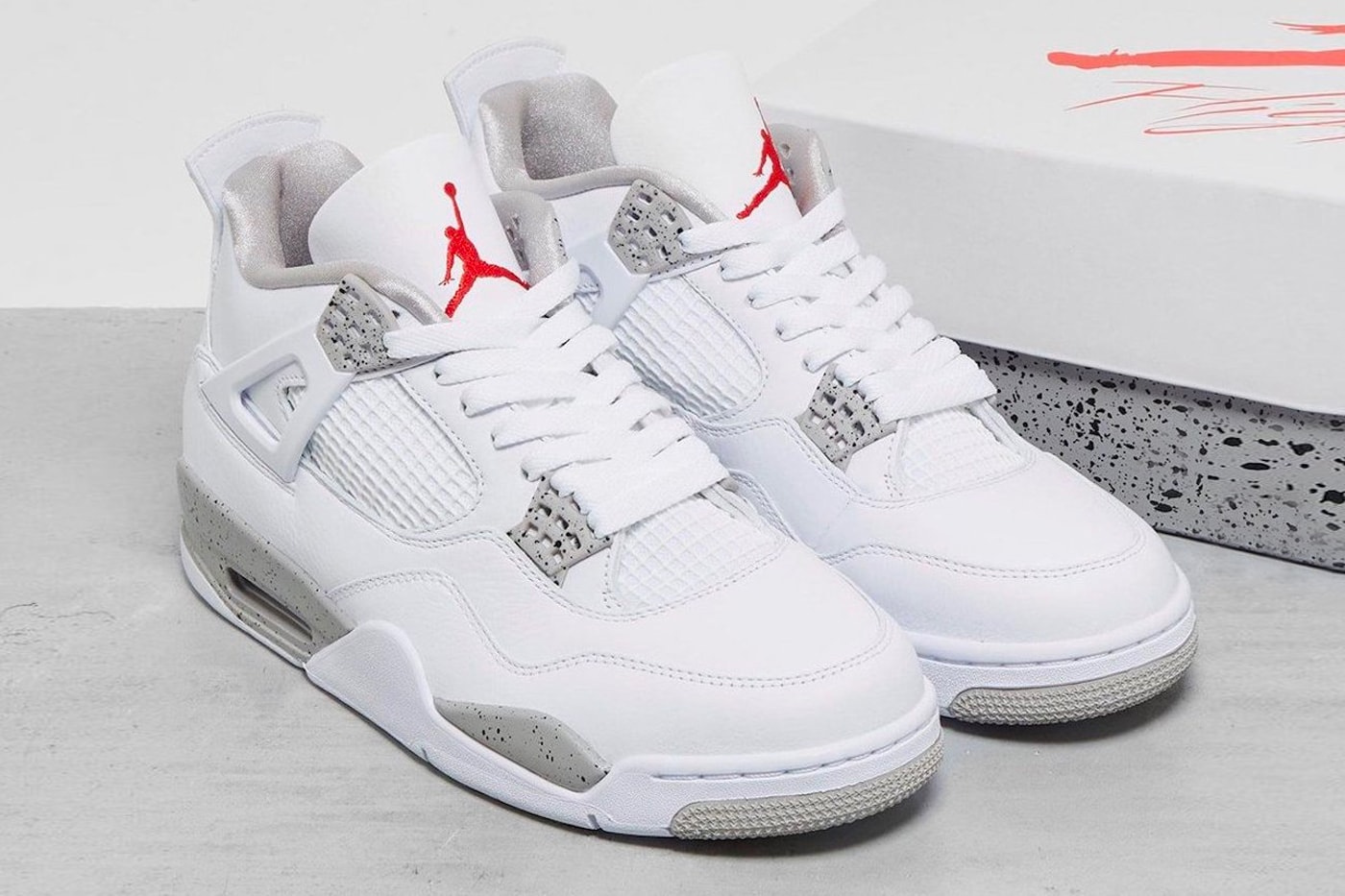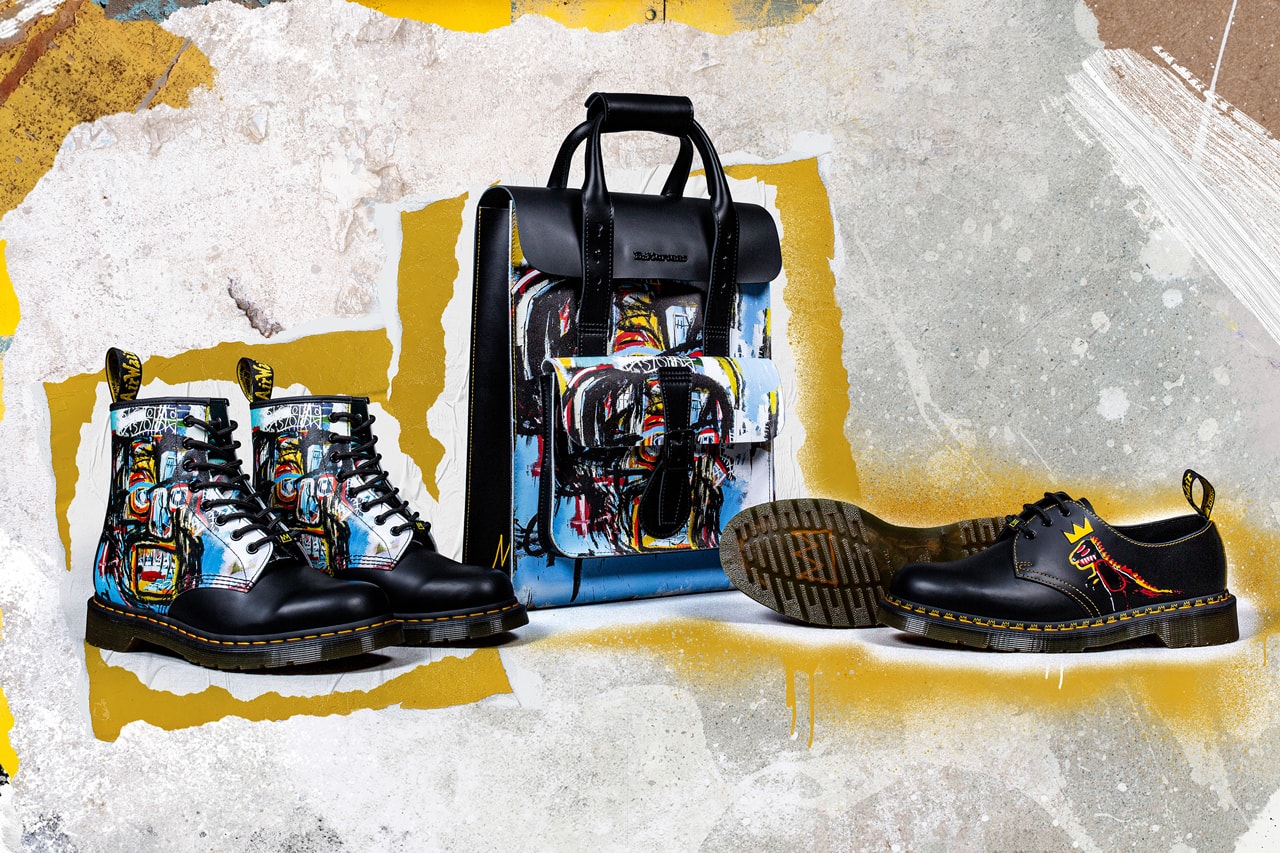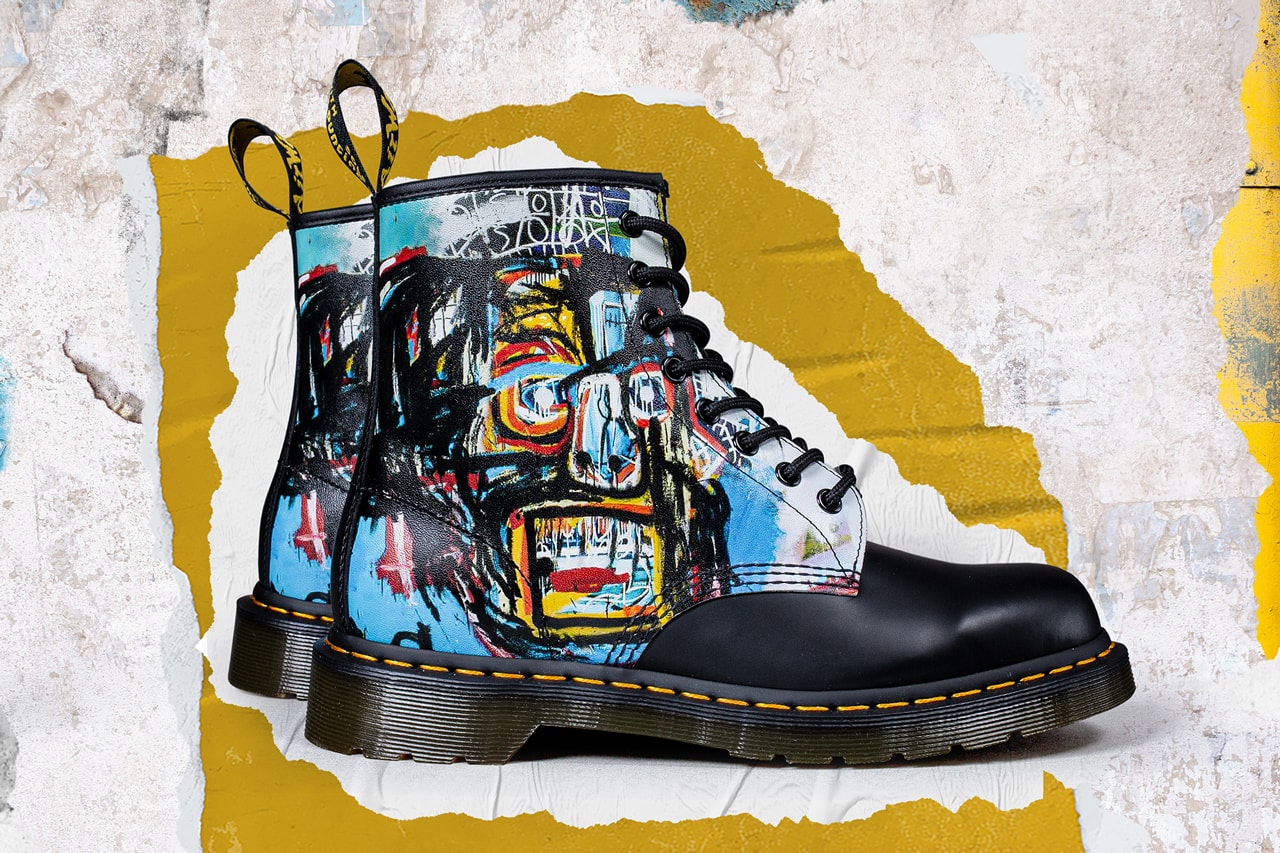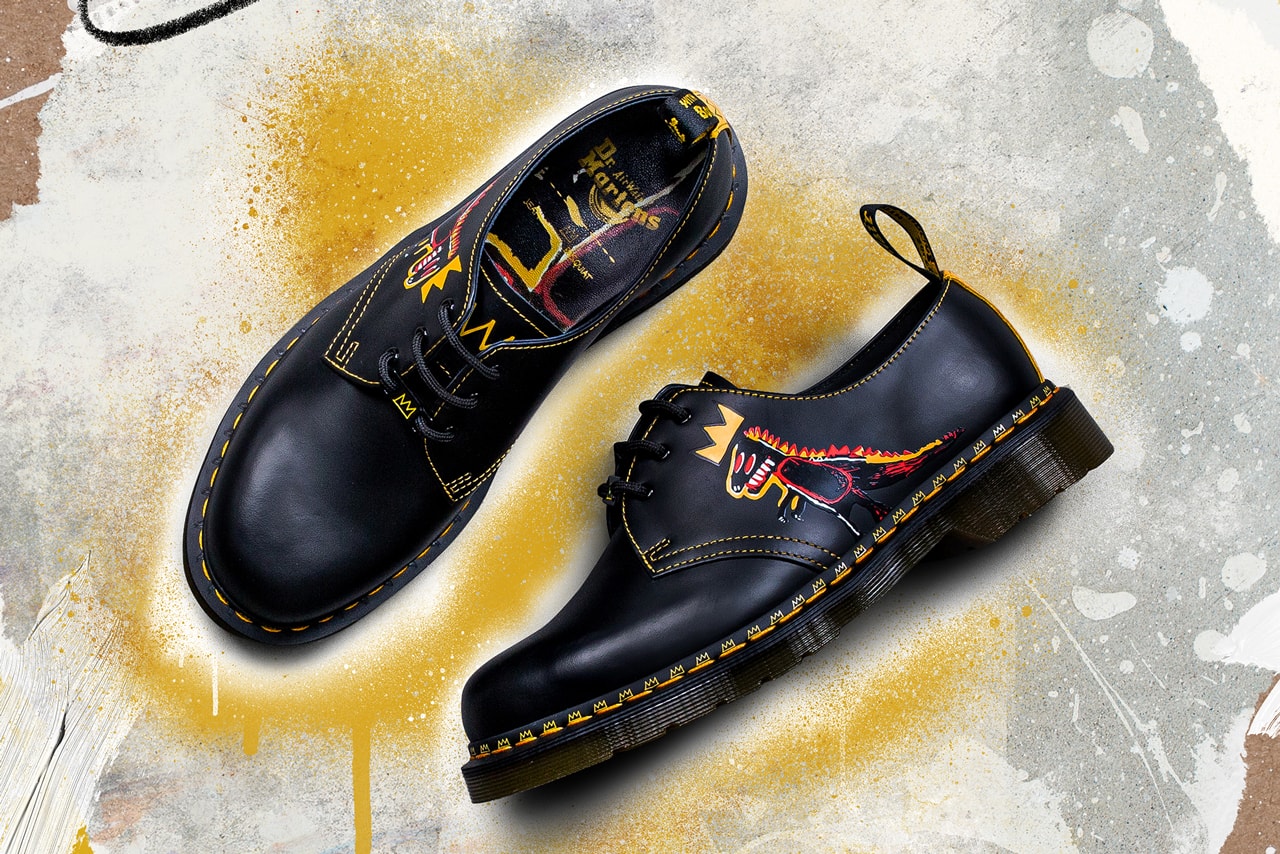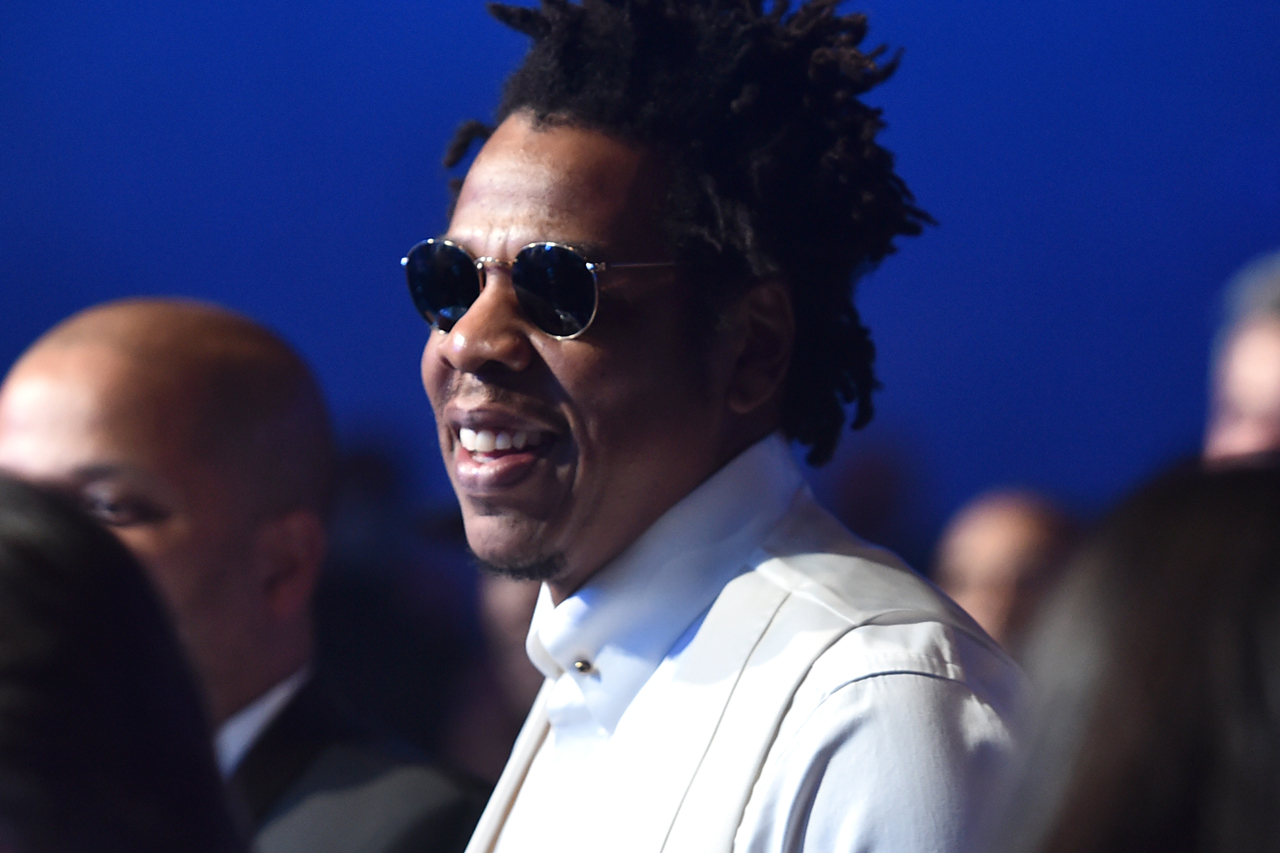 To celebrate the 25th anniversary of his 1996 debut album Reasonable Doubt, JAY-Ztapped artist Derrick Adams to design an NFT that reimagines the iconic cover of a man tipping his hat and holding a cigar. Currently listed for auction at Sotheby’s, the NFT is called Heir to the Throne, which was the original title of the album, and shows a redesign of the cover image alongside Adams’ own addition of the rapper’s full profile.
To celebrate the 25th anniversary of his 1996 debut album Reasonable Doubt, JAY-Ztapped artist Derrick Adams to design an NFT that reimagines the iconic cover of a man tipping his hat and holding a cigar. Currently listed for auction at Sotheby’s, the NFT is called Heir to the Throne, which was the original title of the album, and shows a redesign of the cover image alongside Adams’ own addition of the rapper’s full profile.
The catalogue note for Heir to the Throne describes the collaboration and process of designing the NFT. “JAY’s album changed the game 25 years ago and continues to influence so many of us,” Adams said in a statement. “It tells the story of someone from Brooklyn occupying the urban space—a place that is as central to my own work as it is to his.” The two met several years ago and bonded over their mutual connection to the borough — JAY-Z was born in Brooklyn and Adams has lived and worked there for the majority of his adult life.
To make the NFT, he painted the image on a wood panel, which was then photographed and digitally animated. He incorporated glowing embers and cigarette fumes into his rendering to highlight JAY-Z’s classic Jazz-Age attire. “He was dressed to go to the opera as if it were 1940, while his peers were in streetwear,” Adams said. The number “25,” spelled out in grey smoke, connotes the year of the album’s anniversary.
Heir to the Throne is up for auction at Sotheby’s until Friday, June 2. With a starting bid of $1,000 USD, the current bid for the NFT sits at $7,500 USD. A portion of the proceeds from the auction will be donated to The Shawn Carter Foundation.
In other NFT news, Dame Dash was blocked in his attempt to sell an NFT of the Reasonable Doubt album’s copyrights.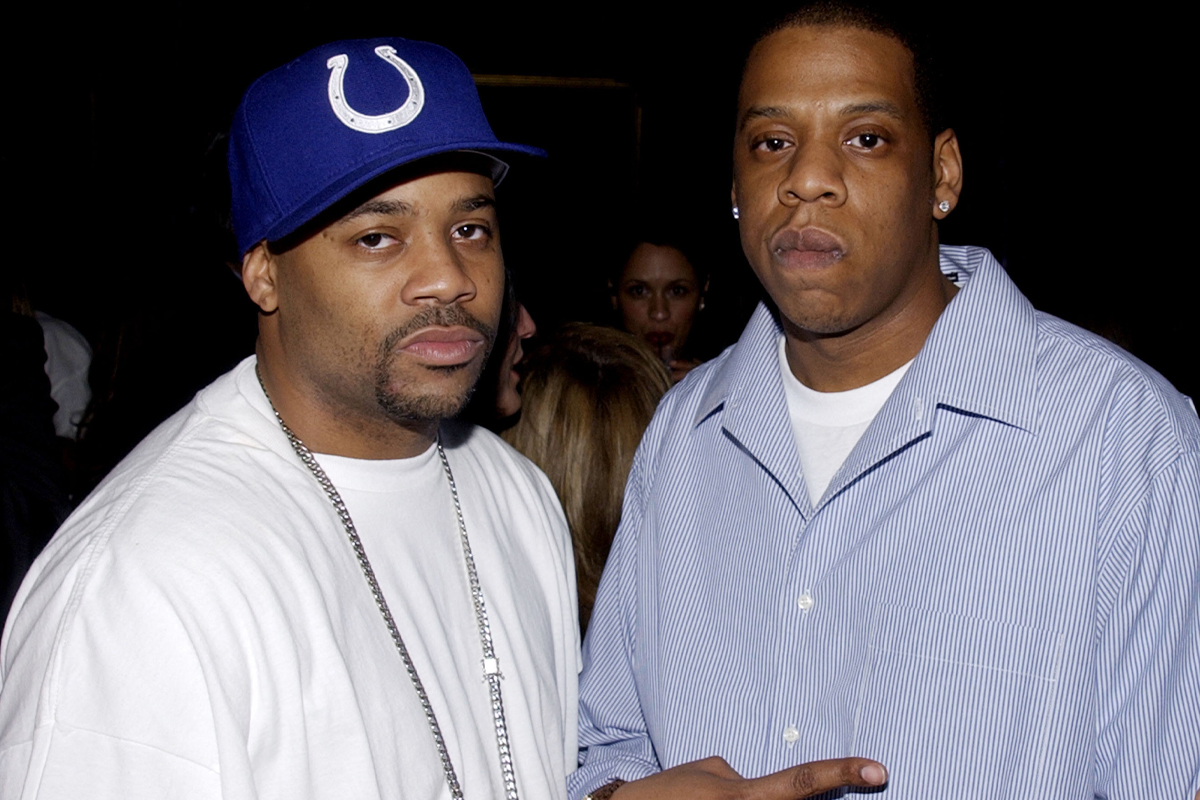 As the Dame Dash and JAY-Z saga unfolds, the latest development in the ongoing lawsuit sees Roc-A-Fella Records coming out victorious.
As the Dame Dash and JAY-Z saga unfolds, the latest development in the ongoing lawsuit sees Roc-A-Fella Records coming out victorious.
The Hollywood Reporter reports that the record company has managed to convince the New York federal judge that JAY-Z’s debut album, Reasonable Doubt should not be sold as an NFT. Earlier this month, the label, which was co-founded by JAY-Z, Kareem “Biggs” Burke and Dame Dash – sued Dash for attempting to sell virtual ownership of the album’s copyrights.
The label sent a warning letter to SuperFarm, the investor platform, which led to the cancellation of the auction which was originally set for June 23 – 25. Since the label was still concerned that Dash would still try to pursue a sale, Roc-A-Fella Records asked the court to issue a temporary restraining order.
Though they were served papers, Dash and his lawyers did not show up for the hearing. Dash’s reps recently commented on the controversy, claiming that he only wanted to sell his entire Roc-A-Fella stake not the Reasonable Doubt NFT.
The judge who ruled on the case has said that the label is “likely to prevail in terms of claims of breach of fiduciary duty, conversion and unjust enrichment.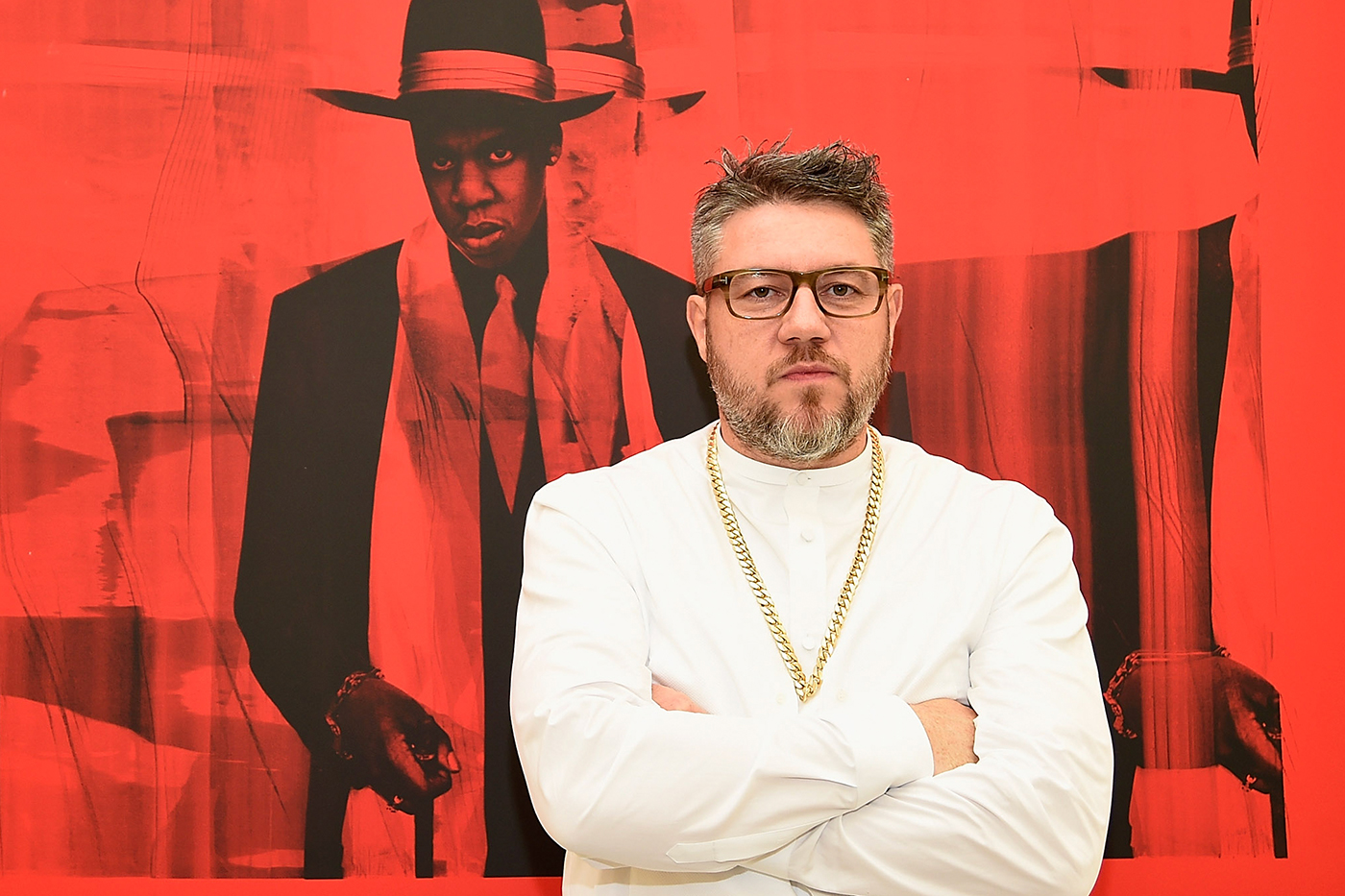 JAY-Z has filed a lawsuit against Jonathan Mannion, the photographer behind the album art of his debut album Reasonable Doubt, for exploiting his name and image without permission.
JAY-Z has filed a lawsuit against Jonathan Mannion, the photographer behind the album art of his debut album Reasonable Doubt, for exploiting his name and image without permission.
Hov is reportedly suing both Mannion and his company, Jonathan Mannion Photography, LLC, for using the artist’s name and likeness on his website as well as selling photos of the artist for thousands of dollars. The Roc Nation head also alleges that Mannion demanded tens of millions of dollar when he was asked to stop using the photos; JAY claims that the photographer is making an “arrogant assumption that because he took those photographs, he can do with them as he pleases.”
Furthermore, the artist asserts that there are photos of him on Mannion’s website, where other photos and merchandise of JAY-Z are being sold. Hov has “strict control over whether and how his name, likeness, identity and persona are used,” however, and the photographer was never given permission to use the images in any way. Mannion supposedly took hundreds of photos of a young Hov in 1996 for Reasonable Doubt, and he was apparently paid a good amount of money by Roc-A-Fella for the images. The famed rapper now notes that it is “ironic that a photographer would treat the image of a formerly-unknown Black teenager, now wildly successful, as a piece of property to be squeezed for every dollar it can produce. It stops today.”
JAY-Z is now asking Mannion to immediately stop selling the photos of him and to hand over the profits Mannion has made from his likeness. An attorney for Mannion shared in a statement: “Mr. Mannion has created iconic images of Mr. Carter over the years, and is proud that these images have helped to define the artist that Jay-Z is today. Mr. Mannion has the utmost respect for Mr. Carter and his body of work, and expects that Mr. Carter would similarly respect the rights of artists and creators who have helped him achieve the heights to which he has ascended. We are confident that the First Amendment protects Mr. Mannion’s right to sell fine art prints of his copyrighted works, and will review the complaint and respond in due course.”

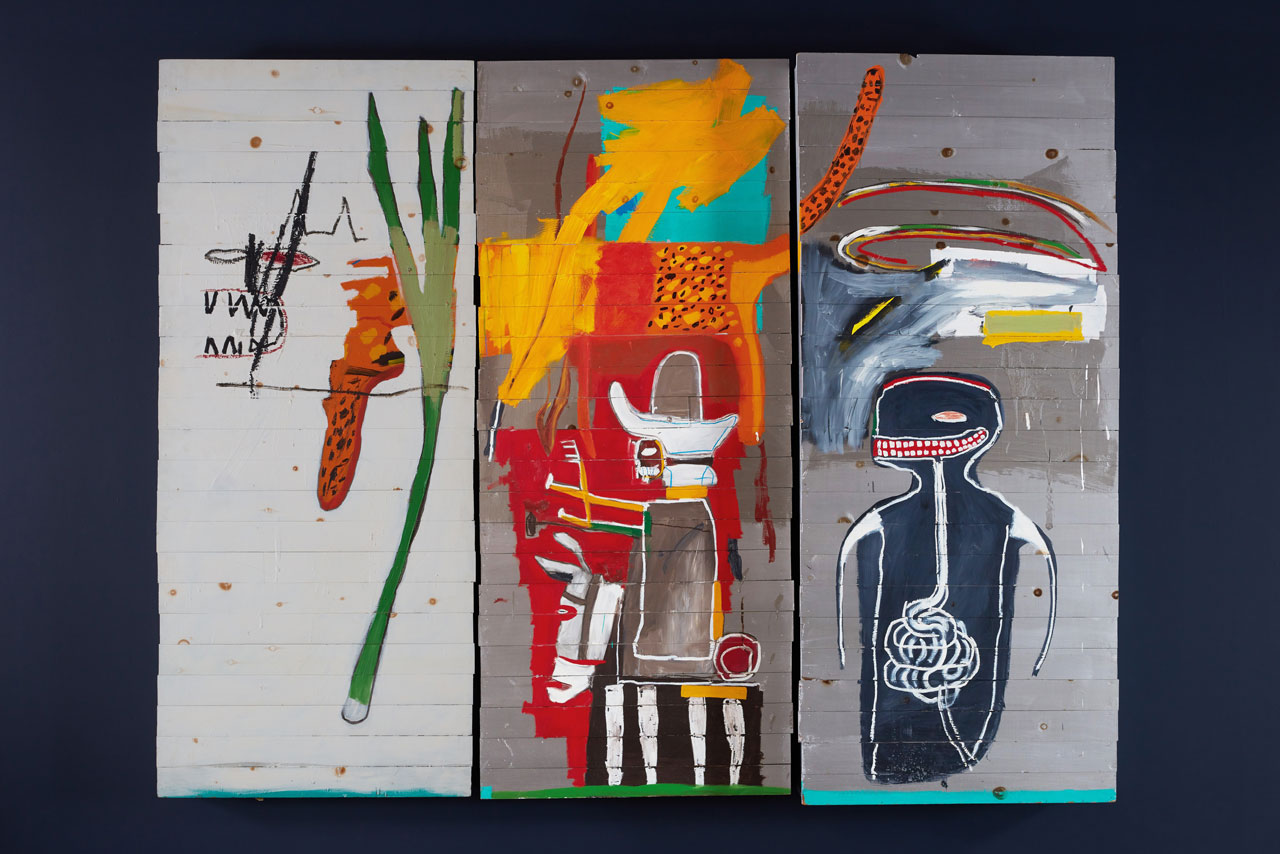
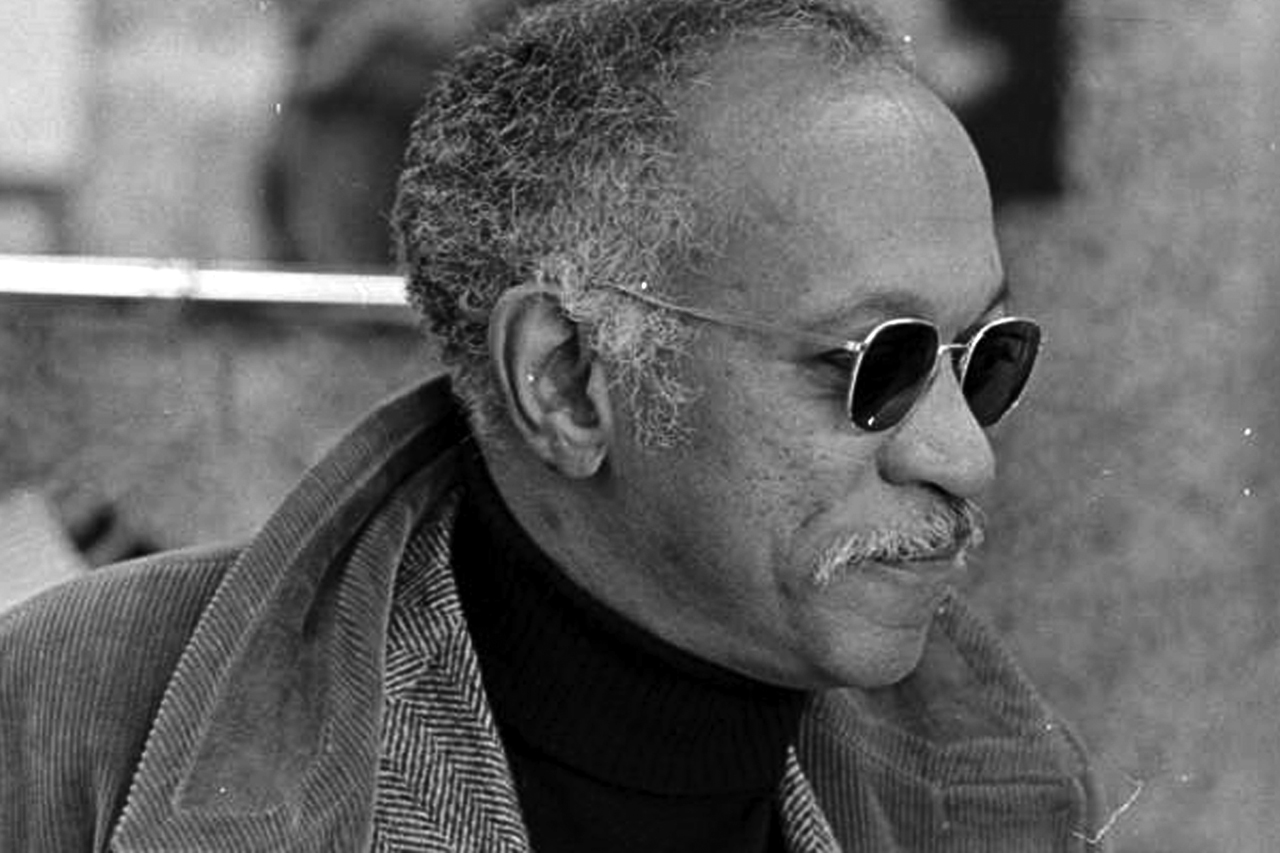 An oil
An oil 